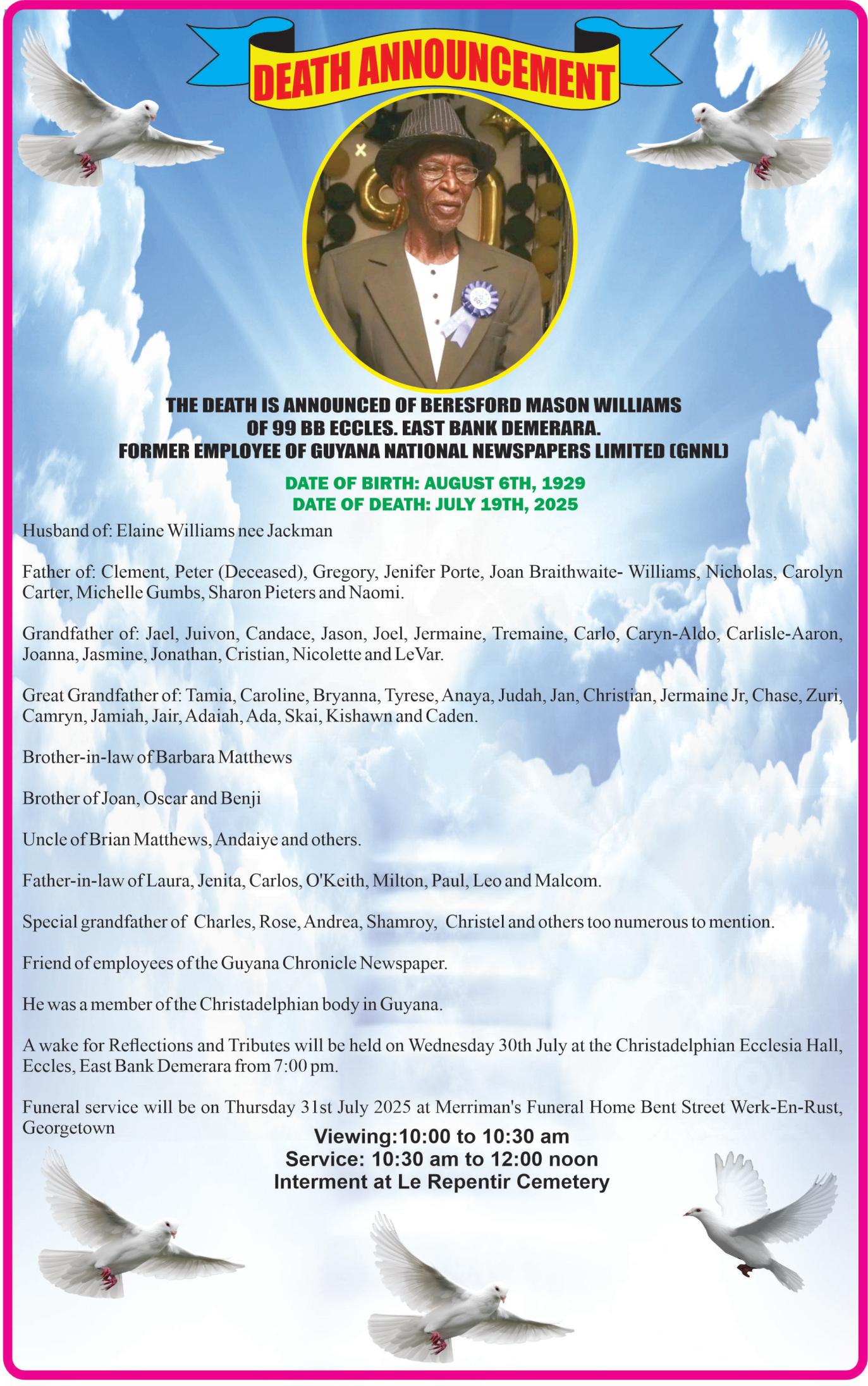
Sunday, July 27, 2025


Sunday, July 27, 2025

By Michel Outridge
VALETTA Small has successfully launched her very own small business, Valetta’s Kitchen, from her home at Victoria Road, Plaisance, East Coast Demerara, to escape having to work with others.
The 26-year-old reported that it is not always the best option to work for others, as it is often challenging. She opted to have her own small business, even if it meant doing it from her home.
As a mother of two, Small told Pepperpot Magazine that eight months ago, she took a leap of faith and invested in opening the business, as she was working in the fast-food industry and had grown tired of working for others.
She had been cooking for a long time and knew how to handle herself in the kitchen. Even if she had to do it by herself, it did not matter — gaining independence was something she craved, and it meant a lot to her.
Small stated that she learnt to cook from an early age, and used to watch intently as her mother prepared meals daily for the family.
She pointed out that even then, she knew she liked cooking, and the idea of making a business out of it wasn’t far from her thoughts.
The mother of two said that apart from her homebased food business, she is multi-talented and also works as a make-up artist and hairstylist who installs wigs.
Small revealed that in the near future, she is working towards having a food truck on the road for customers in the city and on the East Coast Demerara.
She added that a food truck in Plaisance is also on her agenda, as space is limited at her home for operating a food business, and with food trucks, she can provide stable employment to others.
With her creative mind, excellent cooking skills, and a simple motto —
“Craving something delicious? We’ve got juicy burgers, flavour-packed wings, and creamy milkshakes waiting for you” —
Valletta’s Kitchen is open daily, offering cinnamon rolls with toppings to choose




MUSIC is like a language: A universal way of connecting cultures, people, and places. Musicians, as storytellers, bring their cultures to life, and Guyana is no exception. Among the rising voices carving out a place in the
country’s evolving music scene is France. Born Francis Harris in South Ruimveldt, France has been making music professionally for the last six years. Since then, he’s built a reputation for infectious tracks that resonate
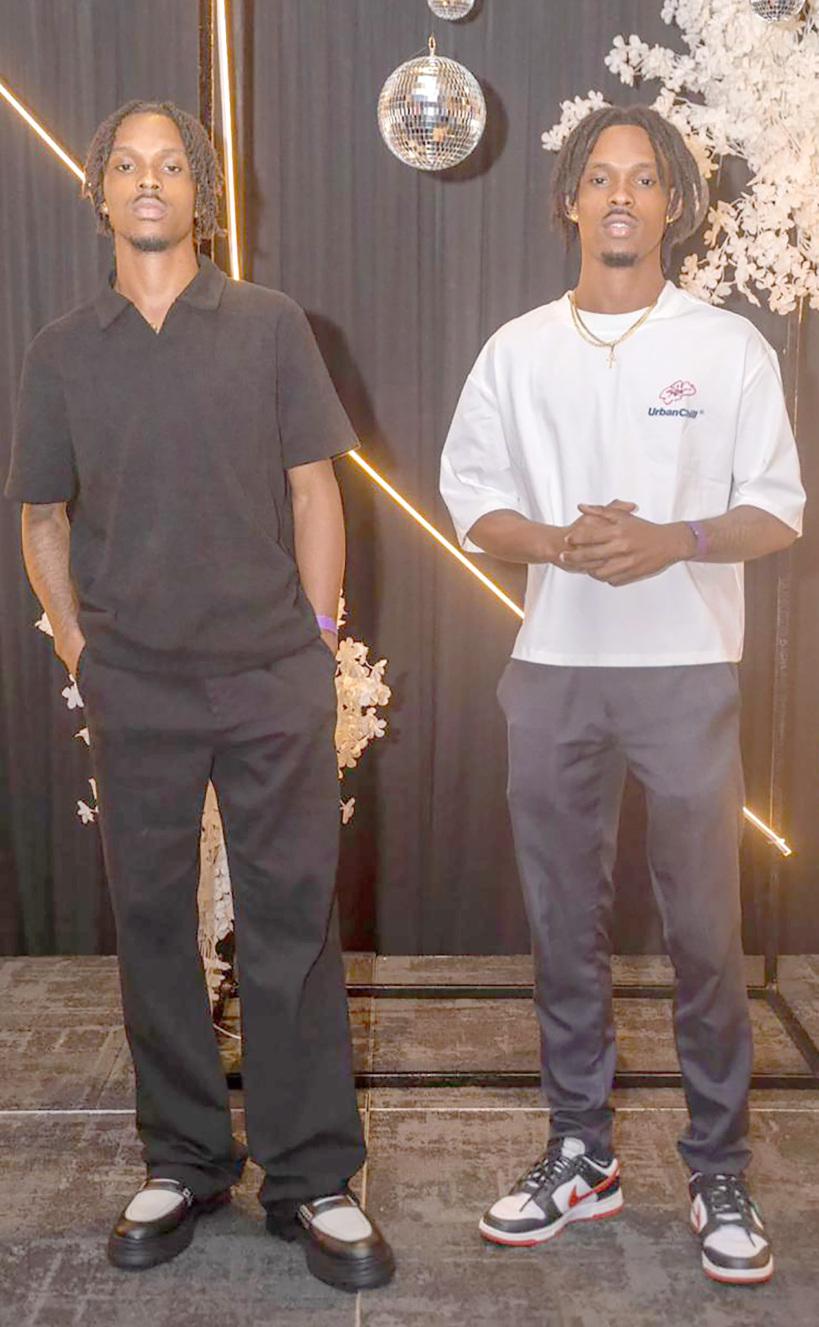
both locally and throughout the Caribbean.
Now, at 26, France is preparing for his biggest project yet: A Moment with France, a live showcase set to light up the Georgetown Club on Saturday, August 2. Designed as more than just a concert, the event brings together some of Guyana’s most exciting talents, promising a celebration of sound, artistry, and homegrown creativity.
France’s journey into music began almost by accident, but with the kind of spark that only passion could sustain. During a visit to Canada, he found himself writing lyrics in the back of a recording studio while his cousin, also a musician, was working on a track. His cousin overheard him humming a melody and urged him to record it the next day.
That first session lit a fire. Encouraged and inspired, France returned to Guyana with a new goal: find a studio and start recording. While that wasn’t easy for a new, unknown artiste, he eventually found Guava Productions — a local studio that gave him the footing he needed.
That early leap of faith has since blossomed into a thriving career, with standout performances and several hit songs to his name. He recalled his first major stage appearance at the 2019 HempFest, which featured concerts across all three of Guyana’s counties.
That experience, he said, gave him confidence and visibility. Not long after, his single "Guyana" garnered online buzz, followed by "SAP," a track that opened doors to local collaborations, including a theme song for the Youth Basketball Guyana Festival.
Even with momentum on his side, France decided to take a yearlong hiatus from performing. It wasn’t a step back — it was a reset. He returned with a clearer vision
Turn to page VIII


By Michel Outridge
COMING from a background where she was always involved in volunteerism made it easy for Andrea Benjamin to choose a career where she maximised her potential in serving others.
It has been more than 19 years. Benjamin is the Chief Executive Officer (CEO) of Food for the Poor, Guyana Inc. and has worked tirelessly to improve the lives of others in her previous capacity as a project specialist.
She is among the 25 Influential Women Leader awardees from the 2023 cohort, and she assumed the role of CEO in 2024, following 19 years of dedicated service in the field of community development.
She said that prior to becoming CEO, she served as the senior manager with responsibility for projects, where she led the planning and execution of all developmental initiatives implemented by the organisation across Guyana.
“I hold a Bachelor’s Degree in Communication from the University of Guyana (UG) and a Degree in Business Management from the University of the West Indies. I am also a certified Project Management Professional (PMP), credentialed by the Project Management Institute. My academic training, combined with practical experience, has shaped me into a management specialist and a committed community development strategist and advocate,” she said.
Benjamin added that a passion for rural transformation and sustainable development has driven her professional journey.
She has worked extensively in all ten administrative regions of Guyana, implementing projects in various areas, including education, livelihood enhancement, health, housing, water, and sanitation.
“Each initiative I have led reflects my commitment to empowering individuals, strengthening families, and building resilient communities.
Some of the participants of the Literacy Programme launched in Baramita, Region One
Beyond my formal responsibilities, I volunteer my time and expertise to several national and community-based organisations. I currently support the Global Fund Country Coordinating Mechanism and contribute to the work of the Ministry of Health (MOH),” Benjamin said.
She related that she is also actively involved with the Samatta Point Football Club and serves on the Management Committee of the Save 'R' Kids Children's Home.
Benjamin reported that her past service includes membership on the Guyana Prison Service (GPS) Agriculture Board, the Technical Arm of the Ministerial Task Force on Trafficking in Persons (TIP), and serving as Secretary of VoiceGy.
“My leadership is rooted in compassion, guided by strategy, and driven by results. I remain committed to fostering partnerships and advancing solutions that bring meaningful and lasting change to

the lives of vulnerable people across Guyana,” she said. Narrating her career journey, Benjamin told Pepperpot Magazine that, having worked in the Projects/
PR department during her early years at FFP Guyana Inc., she was involved in the Angels of Hope programme, which provided support to Turn to page X


By Michel Outridge
WHEN Stacy Paul considered embarking on a new business venture, she was unsure what kind of small business to start. However, after some soul-searching and brainstorming, a plan was conceived to open Adorn Deluxe.
The 31-year-old agriculturist told the Pepperpot Magazine that she is a free-spirited person who enjoys nature and engages in voluntary work behind the scenes. She shared that this venture will help to provide added income for some personal developments in her life.
Paul added that in 2021, with a vision in her mind, she knew she wanted to venture into a small business and started Adorn Deluxe, which began as her products being displayed on a collaborative shelf space in a store. She later launched her own space via a store at Keishar’s Building on Camp and Hadfield Streets, Georgetown.
She wanted to get involved in a small business to boost her income; she has a full-time job with the National Agricultural Research and
Extension Institute (NAREI), stationed at Ogle International Airport as a Quarantine Officer.
She always liked jewellery, and her relatives living abroad would send her some. Those never faded, even though they weren’t solid gold pieces; however, the ones sourced locally always turned green after being worn for a bit.
Paul said she conducted research and began sourcing products from overseas suppliers until she found the ideal items, which included sterling silver, stainless steel, and 19-karat gold-plated necklaces and bracelets to sell.
In addition, she also sells original watches and jewellery storage boxes at the location, where she has a shared space called The AIF Collab with Keen Cornelius of X Inhale by Nature Girl (an event of on-site candle making).
Adorn Deluxe was launched on May 14, 2021, and the business was named in January of that year. It was advertised via social media by Paul.
Paul told Pepperpot Magazine that to build your own charm necklace or bracelet, she has more than
100 different charms in stock to choose from.
Paul said Adorn Deluxe X Inhale Summer will be launched on July 27, 2025, and it’s a “Let’s Do-it-Yourself (DIY) and Brunch, Curate and Create” event where you can learn to make your own candle, build your own necklace or bracelet, and enjoy food and beverages. Limited spots are available—register early at Camp and Hadfield Streets, Georgetown, Keishar’s Building, to get a free Polaroid, games, and customised candle labels, all in one setting.
She pointed out that ‘Curate and Create’ is also a new business

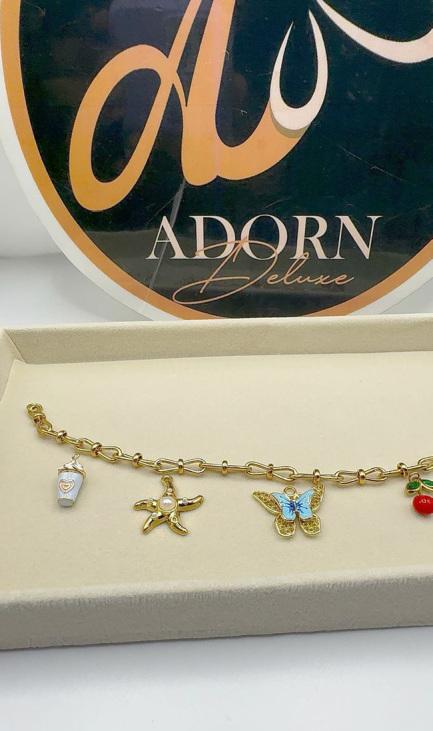
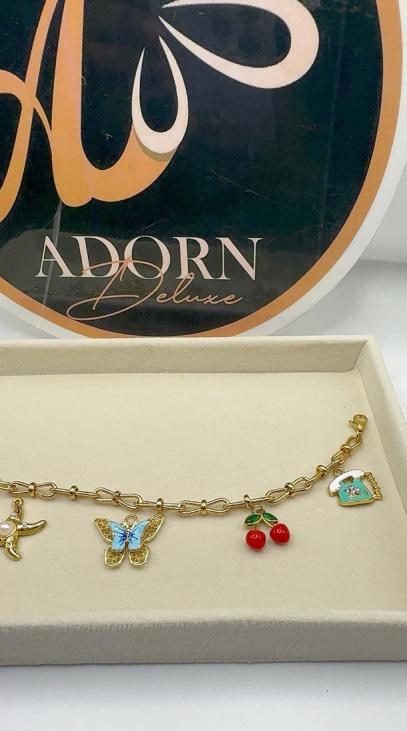
The customised build-your-own bracelet with charms
venture she started with her friend from X Inhale by Nature Girl, Keen Cornelius.
Paul describes it as an opportunity to take your event to the next level by booking them to set up a charms bar and candle-making station at events or private gatherings. It is a two-hour crash course in candle making where customised labels can be added.
‘Curate and Create’ will be hosted at a rented space on the second Turn to page X
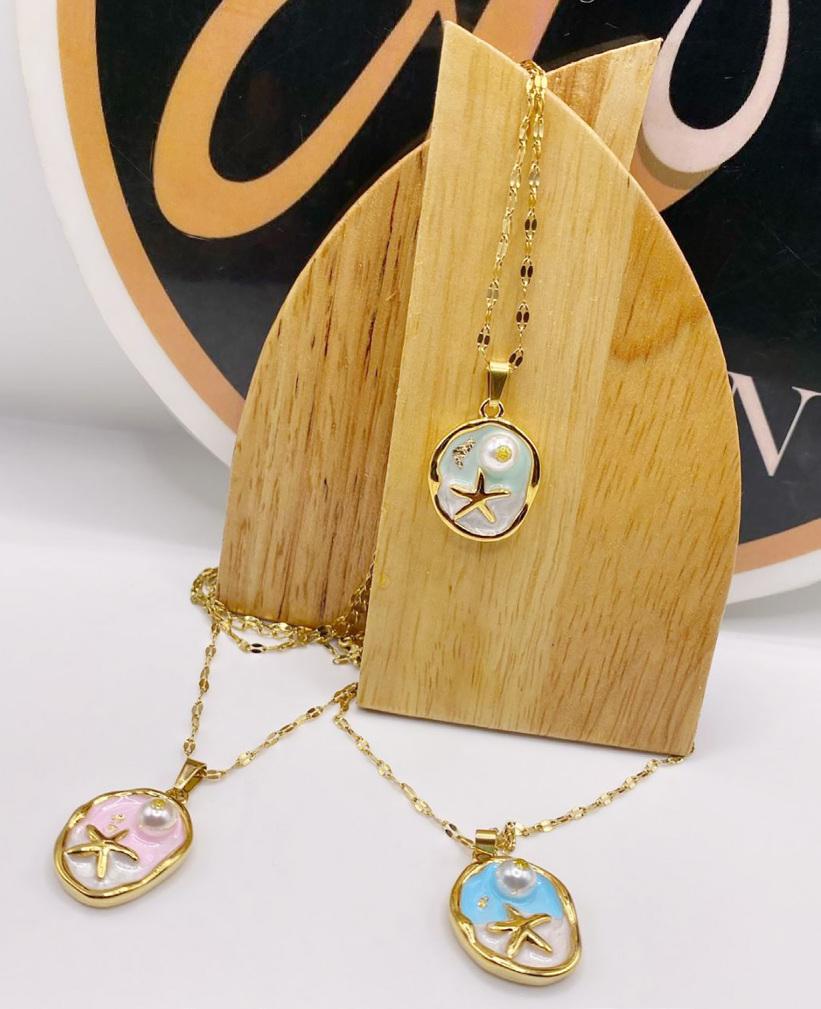

By Michel Outridge
AN unforgettable experience can be had via Gailux Tours (Come Sea Guyana with Us), which has introduced its three luxury-line boats, including a yacht, for its sunset cruise in the Demerara River, starting on August 1, 2025.
Khishan Singh wanted both locals and visitors to have the ‘yacht experience’. As such, he launched his version of Gailux Tours on the Demerara River, featuring three high-end luxury boats for its threehour sunset cruise, complete with full complements of cocktails and food, at a very reasonable cost for the different packages offered.
He introduced their fleet of three boats, which include the yacht—a 54-foot Azimut with a flybridge, built in Italy—along with two others: a Yamaha 25-foot Day Boat and an Aqua Cruiser Day Boat.
Singh said their fleet of boats will be expanded within months.
They will be accepting bookings from August 1, 2025, and will offer packages to suit everyone, including couples, families, groups, and events.
The idea was conceptualised when he travelled abroad and had the yacht experience. He wanted to replicate it in Guyana to offer a new perspective with their marina at Nismes, West Bank Demerara. It takes just 15 minutes to begin the time of your life on the three-hour sunset cruise along the Demerara River.
He reported that the sunset cruise is ideal for birdwatching, blackwater swimming, and sightseeing. It begins in Nismes, passes the new Demerara Harbour Bridge, and extends all the way to the seawall area, showcasing the Port of Guyana and its infrastructural developments.
Singh added that Gailux Tours offers packages starting at US$335 per person for a maximum of 15

persons, which include welcome drinks, cocktails, and food. The other package is US$235 each, and the last is US$150 per person — all with the same offering of cocktails and food.
He stated that they offer tailor-made packages for customers, as the sunset cruise isn’t restricted to groups only. Additionally, they do not conduct tours if it is raining, given that it is a sunset cruise along the Demerara River.
Singh noted that he is from GAICO Construction, which is a subsidiary of Gailux Tours. GAICO Construction and General Services Inc. is a civil works company specialising in road construction, deep foundations, wharves, bridges, and dredging.
It is a Guyanese-owned and operated local company that employs dozens of people, allowing them to earn a stable income.
He related that they are not just promoting tourism, but also show-
casing Guyana’s beauty — in aquaculture, ports, trade in goods and services, and the oil and gas sector, via their Demerara River tours.
Singh revealed that they had a soft launch recently, and persons have expressed their satisfaction and endorsed Gailux Tours for introducing the yacht service to Guyana.
Its official launch will take place on August 1, 2025, when the service will begin operations.
“Whether you’re looking for adventure or a relaxing day out, or a blend. We’ve got you covered! Gailux Tours will be accepting bookings from August 1, 2025. Explore nature from a new vantage point, in class, with luxury and comfort. Come sea Guyana with us,” Singh said.
State-of-the-art Marina and Conference Centre at Nismes
GAICO is currently constructing a state-of-the-art new Marina and Conference Centre at Nismes,
West Bank Demerara, which is scheduled for completion in December this year.
Situated on the Demerara River, with breathtaking views of the skyline and the new Demerara River Bridge, this stunning structure is poised to usher in a new era of luxury and advancement for boating life in Guyana—and beyond.
It is part of GAICO’s ongoing commitment to engaging with as many sectors of Guyana as possible, proudly contributing to our nation’s dynamic growth.
The three-storey marina is set to open up exciting new opportunities, with its one-of-a-kind location right on the water, introducing a bold new frontier for event spaces and tourism in Guyana.
The marina will also support the Gailux Tours subsidiary in delivering premium cruise and tour experiences with a fleet of vessels that showcase the best of Guyana’s waterways in luxury and style. The

owner
future is being built on the water. And it begins here.
GAICO also acquired the former Guyana Defence Force (GDF) vessel MV Essequibo, which will be converted into a dine-in floating restaurant — a project scheduled for completion in 2025.
In addition, a plot of land is being developed at Timehri, East Bank Demerara, specifically to accommodate All-Terrain Vehicle (ATV) riding, fully equipped with cabins for that unhindered outdoor experience, and jet skis at the waterfront property.
Additionally, Guyana Fertiliser (GuySerc), under GAICO, is being established in Guyana in partnership with the Dominican Republic to import low-cost fertiliser for the local market, thereby contributing to the agricultural sector.



From page III and a more refined sound, describing his music now as emotionally freeing and rooted in “good vibes.”
“My music is just fun. It’s meant to make you feel like a teen again, to forget your daily burdens and just move,” he said.
That spirit of joy and energy is what A Moment with France aims to channel. But the showcase is also about spotlighting Guyanese talent in its many forms. The event will feature not just France as the headline act, but fellow artistes Franc Felony, Sawse, and The Jayday Twins — all supported by a live band.
According to France, the live-performance format is intentional. It offers a way for audiences to witness raw talent and musicality in real time — something he believes adds authenticity and depth to the experience.
“These performers have already gained significant attention online,” France explained. “Franc Felony and Melody Felony had a song two years ago that went viral across the Caribbean. Sawse has been active since COVID and built a strong following. The Jayday Twins, known for their high-energy soca, blew up with a track last year. We know they can deliver in the studio — now we’re giving audiences a chance to see them live, in their element.”

that risk has paid off. France highlights significant shifts in the way music is consumed and celebrated in Guyana.
“Back then, nobody was playing our songs in public. Now, our music is in minibuses, it’s being downloaded on Apple Music and it’s showing up in people’s Instagram stories,” he said. “That wasn’t happening in 2017 or 2018. The growth is real.”
Beyond his own career, France sees the music industry as a vital part of the broader arts sector. Supporting music, he believes, helps fuel a creative economy where different art forms intersect.
“Music is just one aspect of the arts. There are stylists, painters, designers — it’s all connected,” he explained.
He envisions events where musicians wear outfits by local designers, jewellery by local artists, and even footwear created by Guyanese brands.
“It creates a domino effect. Supporting one part uplifts the whole.”
While it’s sure to be a night of entertainment, France hopes A Moment with France will also serve as a reminder of what’s possible when local talent is given the platform to shine. As the date draws near, France says the energy is already building. For him, this moment has been years in the making, and he’s ready to deliver.

“When I started recording here, people would ask, ‘Where do you think you’re going with this?’” he shared.
Many expected him to pursue
Importantly, most of the artistes performing have ties to Guava Productions, highlighting a creative ecosystem that France says has supported and nurtured local talent over time. This network, he said, has grown alongside the country’s music scene, something he’s proud to witness.
a career in law, but music felt like the right path. “I didn’t want to look back one day and regret not trying. I needed to see where it could take me.”
More than six years later,
“You’ll be missing out anytime you don’t make it your duty to attend,” he said. “This will be an energy-packed event. We’re going to give it our all. We’re going to be there for ev -
for his lyrical
erybody who comes out to support us.”
and
Tickets for A Moment with France are available via phone at 609-4710, 6438562, or 671-6084.



From page V floor of Keishar’s Building at Camp and Hadfield Streets, Georgetown.
“So, if you have a birthday party coming up and you are looking for something new and exciting to add, ‘Curate and Create’ is the best activity for you,” she said.
The young lady noted that she has come this far in establishing her own small business due to the unconditional support of her family, friends, and others, and she is truly grateful for it.
Paul added that, as a Buxtonian, she is very proud of the strides she has made in her community through the group she serves as secretary of and mentors others.
She is a member of the Buxton/Friendship Youth Incubators, a non-governmental organisation (NGO) that engages in educational activities within the community and has had several initiatives to boost the capacity of youths and children.
The entrepreneur stated that the NGO was formed during the pandemic, and it has a handful of members who participate in fundraising ventures to uplift others, providing career guidance, mentorship, or any other form of assistance needed to contribute towards their educational needs.
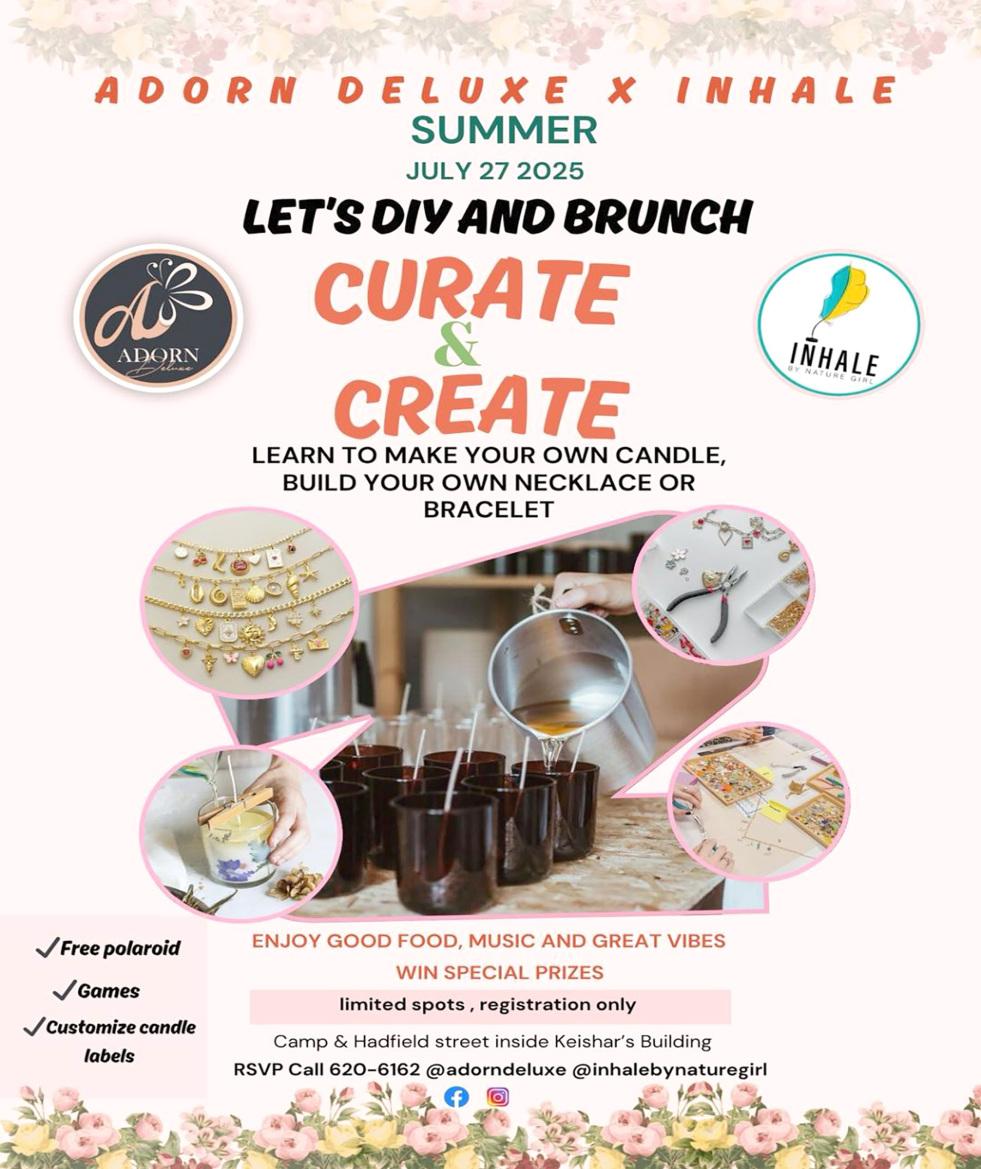
The event on Sunday (today)
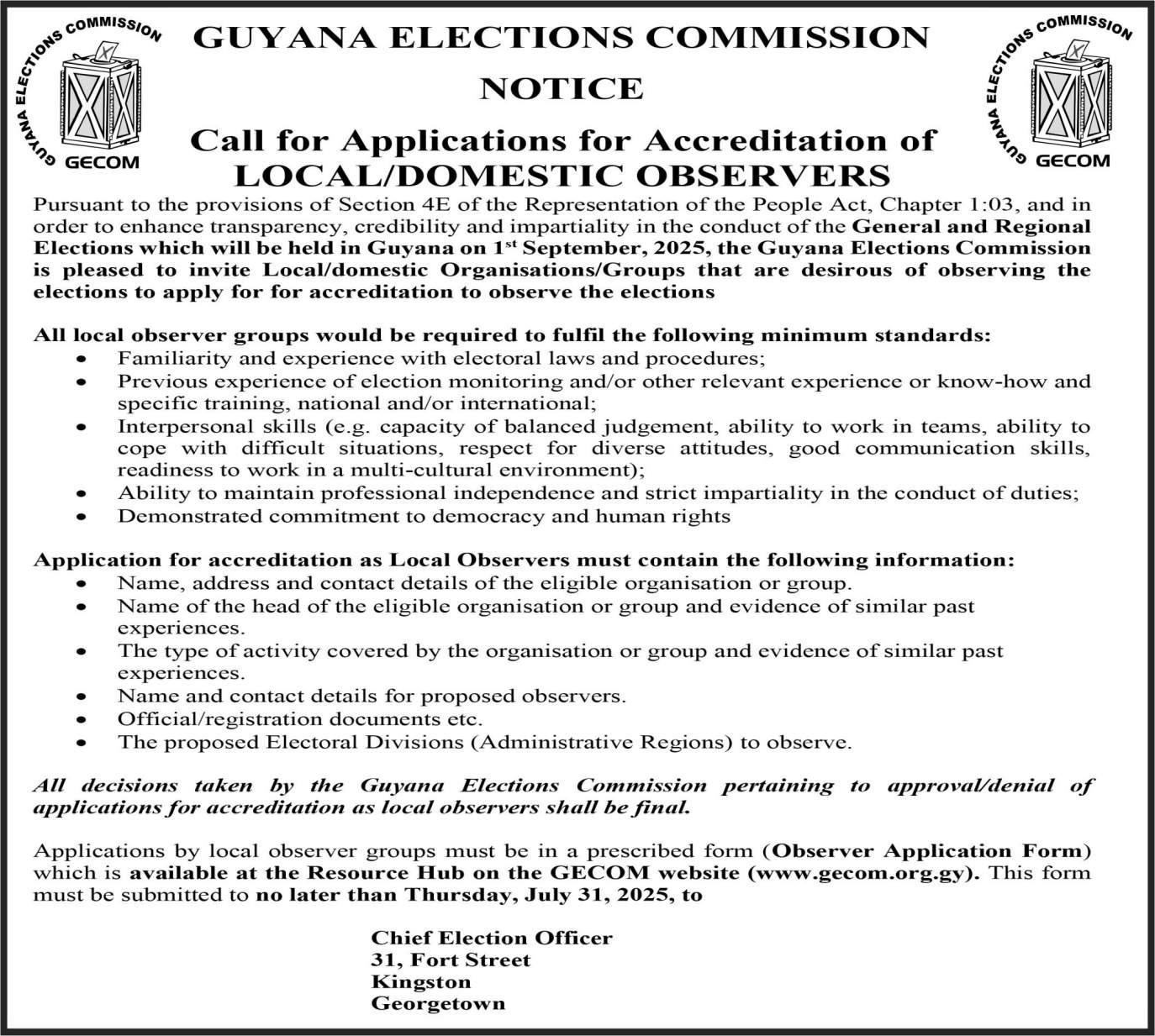
From page IV orphanages and children in difficult circumstances.
She started with two homes, and before she knew it, she was working with seven.
However, her efforts did not go unnoticed. Having spotted her potential, she was reassigned to the Projects Department, where she supervised 100 projects during that time.
The CEO stated that the largest of the housing projects is the Little Red Village at Onderneeming Sand Pit, Region Two, where, between 2008 and 2009, 1,000 wooden two-bedroom houses were constructed.
Benjamin pointed out that, in addition, FFP Guyana Inc. also built a community centre, a school, and a shop. Overall, they successfully completed more than 300 such projects in all 10 regions, including the hinterland area.
She disclosed that two other notable projects include Kairuni Nursery School, located along the Soesdyke/Linden Highway, whose building was completed in 2013, resulting in a doubling of attendance.
The Ministry of Education has since enhanced the space, making it a fully equipped school, and has funded the school feeding programme.
Benjamin revealed that they also built six nursery schools in the Mabaruma
sub-district in villages where none existed — in Imbotero and Tobago Hill — and supported two other nursery schools constructed that same year at Almond Beach and Yarakita with teaching aids, furniture, and packages for teachers.
She pointed out that due to this project, 200 children gained access to nursery education, and since then, they have seen an increase in the number of children attending.
Benjamin disclosed that in Region Five, they engaged farmers to boost their income, and 60 families participated in a programme hosted by FFP Guyana Inc.
She said they have had several initiatives to foster youth development across the country, and their literacy programme is a testimony to their capacity building. It started in 2024 and was designed to help girls and women learn the basics of reading and writing.
Benjamin stated that 27 women graduated from that programme and can now write, spell their names, and fill out forms at the health centres.
She disclosed that recently, during a visit to Baramita, Region One, they recruited 15 women for the programme and 19 more were enrolled. These are women who never had the opportunity to complete their formal education.


From page II contain baked goodies such as cheesecake, dessert cups, pastries, waffles, pancakes, bacon, and fruits.
Small told Pepperpot Magazine that she would like to expand her small business, but she has to wait until she can put the necessary things in place to do so.
For now, it is just her, and she gets assistance from her mother.
She is also considering creating new products to enhance her menu, introducing new flavours and specialities to her food business. Small also wants to launch her own line of chicken wraps and introduce a variety of homemade sauces for her in-house wings special.
“I have a hard time working for others, and I used to work at a snackette that sold specially made treat boxes, so that is how the idea came to me and I launched my own small food business to earn independently,” she said.



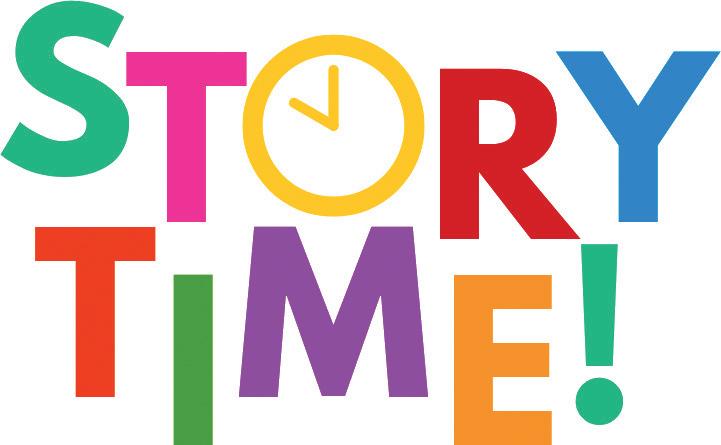
By Michael A Jordan
VINCENT Samuels awoke to the chill of the Cuyuni night. His hammock rocked crazily, threatening to spill him to the ground as he scrambled to a sitting position. He shivered, pulled his blanket up to his shoulders, and looked around him.
The camp was asleep. The man next to Vincent was snoring softly; just a vague shape in the darkness. Silence, save for the ticking of the alarm clock set to wake him at five, and the muted roar of a nearby dredge’s engine.
Everything seemed normal, except that, for the second time that night, he had awoken from a dream about a woman he didn’t know, and found his blanket pulled askew, his jersey hiked up, and had sensed that someone was standing near the trees to his right and staring at him.
He stared at the spot—nothing, just moonlight and mist-shrouded trees that were part of the forest enclosing the camp.
He closed his eyes again. Now the woman’s features floated before him, slanting eyes, disturbingly white skin, and thick curly hair.


He felt her hands pulling back his blanket, tugging at his jersey, her hair tickling his face. Her lips, so cold, so cold, touching his chest… and something about blood, something about the forest…
He shivered involuntarily—two similar dreams in one night.
But now he smiled ruefully as he remembered how he’d shrugged off his friend Leon’s warning about what the bush, especially Cuyuni, would be like.
“I gun be cool,” Vincent had said. “You forget that I spend time in the bush before, in the National Service.”
“That was donkey years ago,” Leon had said, waving a dismissive arm. “Plus, Cuyuni is a different ball game. Malaria, snakebite—and no hospital to run to. Them Spanish gunmen, harassing yuh fuh yuh few pennyweights. And another thing. You going as a cook. That mean sometimes you gun be in camp alone.”
“So..?”
“If yuh new to the bush, the silence and the isolation could play crazy tricks on yuh mind. It happen to a lot of seasoned bush-men a’ready.”
Leon took a long drag on his cigarette, then added: “This camp you going to. The pay sound good, but that dredge boss De Abreu—”
“What about him?”
Leon shook his head. “Nothing. But fuh some reason, I just doan like that chap.”
Vincent understood what Leon meant. He had sensed an air of bullying arrogance in the dredge owner, Arthur De Abreu, when he had approached the man for a camp-cook job, after getting a tip that De Abreu’s last cook had up and left without a word to his boss.
And he would never have taken the job if he hadn’t been so anxious to get out of Georgetown, away from the memory of his break-up with Loraine, the mother of his three-year-old son.
And now here he was. They had entered the camp at around 8 P.M. They had eaten, and then De Abreu had shown him the kitchen supplies and had escorted him to the back of the camp.
“This is where you gon sleep,” he said, pointing to an empty hammock. Then he’d added, as if as an afterthought, “I gon be on the dredge with the night-shift divers.”
Vincent had moved closer, touching the hammock and staring absently into the forest.
And that was when he’d felt it: a thrill of déjà vu. An unpleasant recollection hovered at the edge of his consciousness. But then the half-memory faded. He unpacked, changed, and sprayed himself with insect repellent, then climbed into his hammock. Sure enough, he dreamt of the white-faced woman…
He awoke to the ringing of the alarm clock and, aided by a lamp, started the kitchen fire to heat up pots of tea and stew from the previous day. The rest of the camp awoke at six-thirty, and, minutes later, De Abreu and the rest of the night-shift crew came ashore. De Abreu, hugging a shotgun, nodded at Vincent, who was bracing himself for a ‘fresh’ in the mist-shrouded Cuyuni River.
“Everything okay, Samuels?”
“Yes, Mr. De Abreu,” Vincent answered.
“How was yuh first night? Rest okay?”
The camp boss had placed his shotgun on a crate and was unstrapping his watch, but Vincent sensed that the man was studying
Turn to page XV






From page XII him.
“Yes, I rest okay, boss,” he said.
De Abreu nodded again, then moved over to the radio set. Fifteen minutes later, the day-shift crew was ready, and they, with De Abreu, left in the speedboat. Now he was alone, save for the sleeping night-shift crew. He thought of what Leon had said about men going crazy when left alone in camp. He’d beat the silence by staying busy. He decided to prepare lunch.
Vincent opted for squash and beef stew, and, in a moment of inspiration, decided to make some bakes for dinner. He put the supplies on the table and was already slicing the squash when it dawned on him that he should light the fire and put on water for the rice. But the two pots, empty of last night’s meal, were dirty. He found soap and steel wool and took the pots down to the river. Afterwards, he filled one with rainwater from a drum, lit the fire, moved back to the table and stared dumbfounded at what he saw: The squash. Someone had scooped out some of the seeds and dumped them on the table in two tiny lumps.
For a moment, he stared at the lumps of squash seeds. Then he swivelled to the camp, staring at the sleeping men. They could have done it; a trick to scare the new chap. But there was no movement from the four occupied hammocks. The men might as well have been dead.
He stared at the forest enclosing the camp. Silence, yet he felt that someone was nearby, staring at him. He glanced at the table again, and now he saw something else. Someone had spilt a small mound of flour on the table, and had drawn – no- written something in it.
For a moment, he just stared at the table, feeling goose bumps on his arms. Then he grabbed the kitchen knife he had placed near the squash and moved cautiously to the other side of the table. The letters in the flour were written crookedly. L-u-c…
Other letters he couldn’t discern.
Just letters? A name?
He swivelled away from the table and stared again at the sleeping men and at the forest.
Just silence…
He almost cried with relief when he finally heard the puttering of the speedboat engine, and De Abreu and the boatman, carrying two small pots, came ashore.
The dredge boss, cradling his shotgun, nodded at Vincent. “Everything alright, Samuels?”
“Everything all right, Mr. De Abreu,” Vincent answered.
De Abreu nodded again. “Put aside some food for me and the crew,” he said, gesturing towards the pots the boatman had brought. He moved across to the radio set and then stopped, staring around him. His head was erect, nostrils dilated. Then he spun to face the sleeping men.
“Harris!” Vincent watched as a gangling, curlyhaired youth scrambled awake in his hammock.
“Yes Mr. De Abreu?”
“Harris,” De Abreu said slowly. “I ain gun talk to yall again ’bout bringing woman in this camp.”
The curly-haired youth blinked in puzzlement. “I ain know what woman you talking ’bout, boss—”
“No woman my foot! This place stink o’ perfume!”
Tentatively, Vincent moved closer to De Abreu. Amid the smell of stew and woodsmoke, lingered a musky, feminine scent and, although he couldn’t quite place it, he sensed that he’d smelt it somewhere before.
He watched De Abreu. The dredge boss’
his way to the camp, and he wanted to push her away, yet he wanted to hold her close.
Suddenly, he found himself standing, naked and barefoot, and the woman was gripping his wrist and leading him into the moonlit Cuyuni forest. She led him through
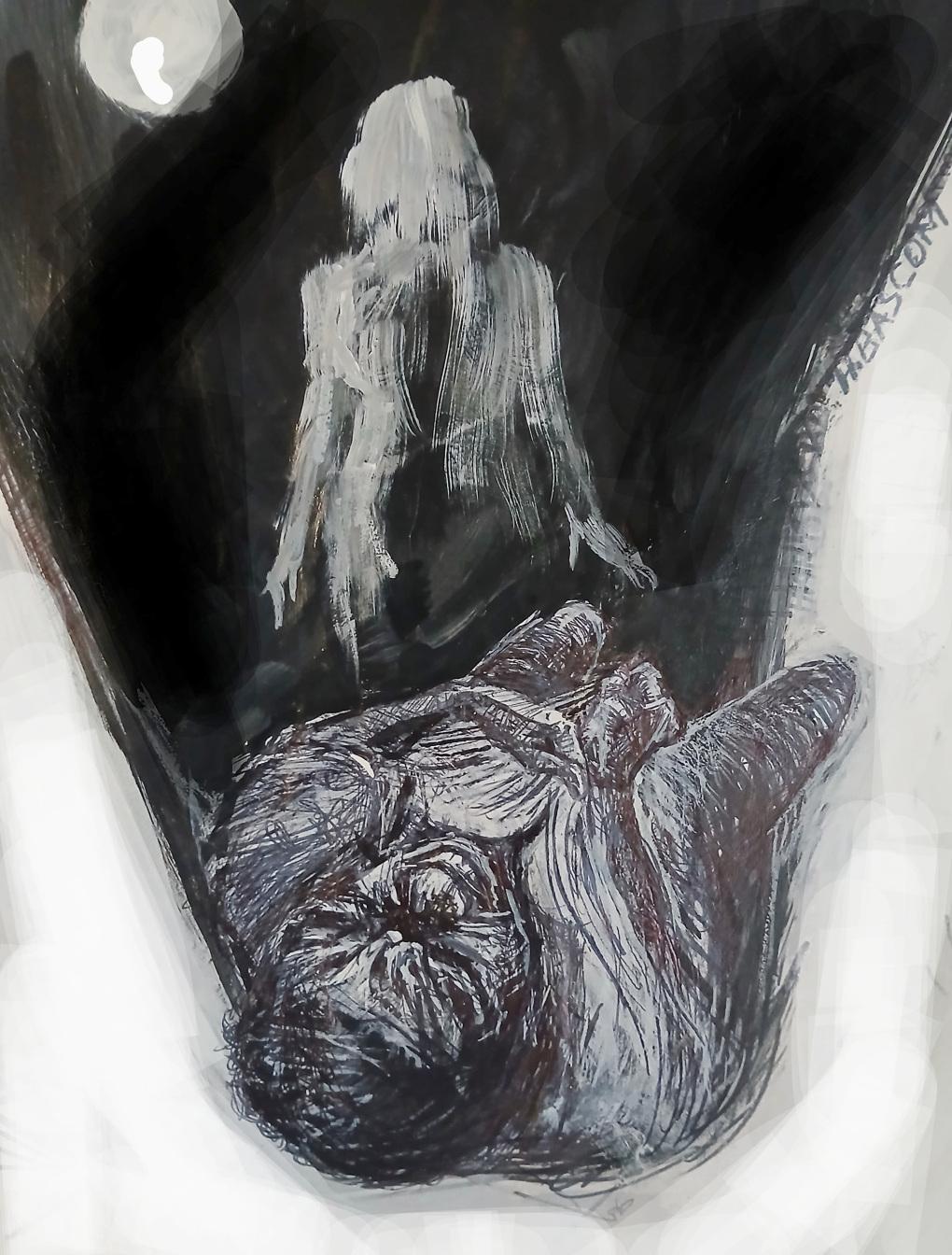
shoulders were hunched. He held the shotgun tight.
He seemed to be staring beyond the camp, scanning the forest. And when De Abreu finally turned to Vincent, his eyes had a far-away look, as if his thoughts had been someplace else. He exhaled and then moved over to Vincent.
“That is something I forget to tell you, Samuels. I ain’t want no women sneaking into the camp. They got a few of them at the shops nearby. They would come in yuh camp begging fuh soap and food, and the next thing you know, half yuh stuff gone.”
That night, Vincent lay awake in the hammock for a long time. He stared at the tarpaulin roof, seeing again the lumps of squash and the crooked letters in the flour. Distant music—Helen Shapiro’s ‘Beyond the Sea’, came faintly to him from a nearby shop.
He thought of Loraine, his estranged ‘child-mother’, and he fell asleep dreaming he was in bed with her. But then he saw that the woman was not Loraine, but a whitefaced woman he didn’t know, yet seemed to recognise from some other time or dream. She was twisting against him in a disturbing, boneless way, like the long, thin snake he’d seen swimming across the Cuyuni River on
breath, then said: “Not…really. Nightmare… a woman…”
“Making love to you?”
Vincent started. “How—”
The man lit a cigarette.
“Common bush experience,” he said at last. “Happen in some spots plenty. Men dreaming of women making love to them, or just pressing them down.”
Pressing them down. Vincent shivered. He still seemed to feel that boneless thing fused to him, and he swore he could smell perfume somewhere close.
He almost missed his companion’s next words.
“Some say is spirits, or female demons called succubus or something like that. Some say is when a man in the bush too long and get homesick for a woman…”
Vincent thought of the lumps of squash on the table.
“Could happen to anybody,” Harris said. The man laughed suddenly. “Matter of fact, it happen to the boss-man couple nights back, though he know who he did dreaming about.”
“De Abreu?”
“Yeah.” The man looked around the camp, and added softly. “I wake to see he tossing in he hammock like he fighting off somebody. And he did groaning and saying: ‘No, no Lucille…’”
Vincent thought of the crooked letters in the flour. “Lucille,” he said.
“Yes, a young, really good-looking lil thing. Come in the bush about two, three weeks back. The type that the boss-man like make heself stupid over. Fus he start carrying she on the dredge. Then he start bringing she here.”
The man shrugged. “And that was the mistake. She get he drunk…then move couple pennyweight and cash and keep rolling.”
He shrugged again. “Guess she done blow out dat bag in Bartica, or GT.”
Oh no, she hadn’t, Vincent thought, suddenly feeling very cold. She wasn’t spending anybody’s money in Bartica or GT or anywhere.
He knew, as surely as if someone had whispered it to him, that Lucille—what was left of her—was still in De Abreu’s camp.
a gap in the trees, and now they were on a leafy path, which he recognised as being near the outhouse. Then the path ended abruptly, and they stood near a humped, bald patch of ground. He stared at the soft, rectangular-shaped earth, watching the flies that buzzed and settled on it.
And now she was turning to him, and he saw the ragged hole in her left temple; the blood oozing from it, staining her horribly white skin. He tried to step backwards, but she pulled him closer; her arms, her legs, her cold, boneless self locked to him; her lips to his, sucking the life from him with her kiss…
Vincent’s own muffled cry awoke him. He scrambled up, almost tumbling from his hammock.
“Yuh alright partner?”
The voice came from the hammock closest to his. But Vincent was staring into the forest. He could almost swear that on awakening, he had seen a shadow-shape shift away from his hammock and scurry into the forest. And who or what had unbuttoned the shirt he wore above an old jersey to keep off the cold?
“Yuh alright, chap?” the voice said again. Vincent turned to the man, recognising him as the curly-haired youth the dredge boss had addressed as Harris. Vincent took a deep
Harris lit another cigarette and Vincent shifted back into his hammock, not wanting the man’s lighter flare to reveal the dread on his face.
He seemed to hear a whispering in his head.
I will come again at day-clean when the divers sleepin.
Then, when night fall, you will come to me.
I will not let you rest until you leave this camp or search for my bones.
What am I to do?
What am I to do?
THE END
About the author
Michael Arthur Jordan is the author of the supernatural novel KAMARANG, which was shortlisted for the Guyana Prize For Literature (2022 First Book of Fiction) and is available on Amazon.
He is also the recipient of the Guyana Prize For Literature (2023 Best Book of Fiction) for his crime novel The Girl In The Pink Pleated Skirt.
Jordan is currently working on a crime documentary drama, which is set to be released in 2026.

GENERATION Z stands at the cusp of inheriting the world. Our hands are outstretched, and we stand in anticipation of the weight that will inevitably be thrust into our palms. Although we know that we will face many new responsibilities, we are comforted by the thrilling fact that we can now demand more from the world.
Now that we have more
OVER the course of our lives, all human beings unfurl and bloom like the creased pages of a diary that is slowly being filled with fresh stories. We allow life to embrace us, and, in return, we are granted the space to be who we are. As we grow up, the gentle discomfort and pressures of creating your identity fade. Our skin becomes our armour, and our heart fills with the satisfaction of being able to live our lives just as we had imagined in our
control of the way our world works, we can direct it into a path of growth that suits the shape of our hopes. We can finally ask the world to be more, to do more, to grow more, and to treat our desires as more than just hopes, but as expectations that predict how our collective future will unfold.
Then again, what exactly can we ask of a world that is already fighting against
childhood dreams. Even those who may not yet have attained their goals are comforted by the freedom of choice—the grace of knowing that, even though they have not reached their destination, they still have the power to steer themselves towards it. The reward for those who are true to themselves is the ability to look into a mirror and respect the person they see. They shall experience no loss or failure that can take away this ability from
them.
the strain of chaos? What do we demand of a world that seems to be falling apart more quickly than it can stop to listen?
gone.
We are not strangers to the idea of having to shoulder the burden of mistakes made in the past. We are constantly exposed to discussions on issues that were created long before our existence and may haunt people who will come long after we ourselves are
Recently, I discovered the story of Narcissus from Greek mythology. Narcissus was a young man who was prophesied by a prophet to live a long and fruitful life as long as he did “not know himself.” He was known to be extremely handsome but prone to rejecting the affections of others, no matter how sincere they were. Then, one day, as he was travelling through a forest, he came across a body of water and caught his reflection glimmering
Yet, when face-to-face with the prospect of stepping into a pair of enormous, weathered shoes, most members of the younger generation experience one feeling more predominantly than they experience fear, anxiety, hope or even excitement. When faced with the fact that we will become yet another generation that is tasked with cleaning up the world rather
on its surface. He leaned forward and watched as his own perfect face peered back into his eyes. Then, he remained there, falling in love with his own reflection until he passed away from thirst and starvation, unable to tear his eyes away from it. The spot where he died was marked by a bright yellow flower known as the Narcissus. We now commonly refer to the Narcissus flower as the daffodil.
than living in it, we experience anger. We become angry to the extent that we neglect the gift that we inherit until it is time to pass it on to a new generation. Then, we suffer the regret of becoming another set of predecessors that failed to prepare a proper home for their children.
Perhaps our ability to accept the world and love it will only come after we have first learned to forgive it.
new person. Unfortunately, it is so much easier to notice its imperfections before we see its perfections.
proud of, it is quite easy to forget to look around us at the people who are fuelling the successes and the joys we are experiencing.
Perhaps this is why we begin to hate the role of inheriting the world long before we accept it — because we meet its flaws before we fall in love with it. Accepting a flawed world is indeed an unfair task that we are all born with.
The myth of Narcissus is a fascinating tale


that offers us a valuable lesson. It teaches us the dangers of self-absorption and the losses we may face by refusing to open ourselves up to the love and affection of others. We may speculate that perhaps if Narcissus had already been in love with another person, he might never have been inclined to fall so madly in love with himself. It also shows us that our destiny is rarely within ourselves. We may spend a lifetime preparing ourselves to be better people, but this preparation will not mean anything if we do not use it to change the world for the better. Beauty and good character have no power if their positive influence does not extend beyond our own boundaries.
As we grow up and build new relationships with the people around us, we will gradually learn to love. When we learn to love, we uncover parts of ourselves that we may have never believed existed. We will discover that our limits and boundaries extend much further than we may have ever thought. We will realise that we can bend much more than we can break.
As we learn to love, we will also learn to forgive. We will learn to forgive those we love because we realise that when we love someone, we become so deeply connected to them that even their imperfections become a part of us. Forgiveness is being able to love someone’s imperfections just as much as we love their perfections.
Taking on the responsibility of caring for our world is a little like learning to love a
The process of building an identity—of “knowing ourselves”—is necessary as we progress through our lives. Attempting to live without being comfortable with who we are is much like living in a space where we cannot fully walk, stretch, or look upwards at the sky. However, it is also quite easy to fall into the lonely path of knowing no one but ourselves. As we lean forward to watch our shimmering reflection grow and transform into something that we are
The affections of others are a gentle influence. These affections can fade away and disappear long before we glance around and begin to notice that we stand completely alone. Yet, the emptiness they leave behind when they are gone is a mighty force. Those who have developed a strong sense of identity and learned to love themselves deeply will not be limited by the failures they experience or the losses they face. However, they are still quite open to the possibility of grief.
However, we are also born with the gift of being able to correct the flaws that we observe. Unlike a person who cannot be forced into becoming someone without any flaws, a world is malleable under capable hands. With the right ideas and a sense of companionship, we can change it into a version that is closer to our idea of perfection.
So, the time has come for us to stop wondering what the world could have been and instead begin to dream about what the world can one day become. Let us choose to meet our world as it is, without judgement and prejudice.
In a similar manner, it is possible for our own influences and connections to the world to fade away, just like the affections of others. When we fail to acknowledge and reciprocate the love that others proffer us, we will eventually lose it. If we stop reaching out to the world with kindness, we will ultimately lose our ability to impact it.
More importantly, let us choose to meet it with love and hope, knowing that we will see parts of it that are not beautiful. Perhaps if we simply learn to forgive the world its flaws, we might learn to love it enough to see its beauty.
Each of us holds a massive power within us. Let us allow this power to extend beyond us so it can reach parts of the world that truly





A HEALTHY working life is necessary. However, you will need to be aware of what happens before you start to work. Many people sometimes pay little attention to preparing for their careers. Schooling, which is the initial step toward your future, is an important part of your life. If your educational life is poor, it can likely lead to a challenging future, unless you are able to make a significant change.
Various choices will fashion your career path. You must be able to make wise choices, for you will see what life has to offer. Your present career can benefit your
future. If you have not started on the right career path, then you can make efforts to change course so that you can fulfil your dream. Never stop pursuing your dream.
Studying is always an area of importance that can lead you toward becoming a senior executive within an organisation that provides technical knowledge. Additionally, some learning institutions offer learning that is more practical. Regardless of the learning options, make an effort to increase or build on your knowledge base. The information that you may be engaged in now could be that which will take you through life. Do not restrain yourself from increasing your knowledge, since many people may
depend on what you know. Besides all the knowledge you have acquired and the assumption that you are ready for work, managing people and software is becoming important for people entering the workforce. If you are currently employed, learn how to use computers and other technologies, as you may need to produce reports. Many organisations are now looking to information technology, as regularly updated information will enable them to enhance their decision-making in a competitive environment. Therefore, your ability to embrace and understand software skills will be important.
Once you have finished studying, schooling and deciding on your career path, it is time for you to enter the world of work. Once you have started working, you are in for a long and challenging future, and you may cherish the moments when you were still at home with your parents, studying and being treated with gentleness. The work environment is for those who are willing to put in a hard day’s work and strive for success. When you are working, you may not always find people who treat you like a king or queen. Sometimes your best efforts will not even be acknowledged. Your birthday and many anniversaries may be spent in the office or in the
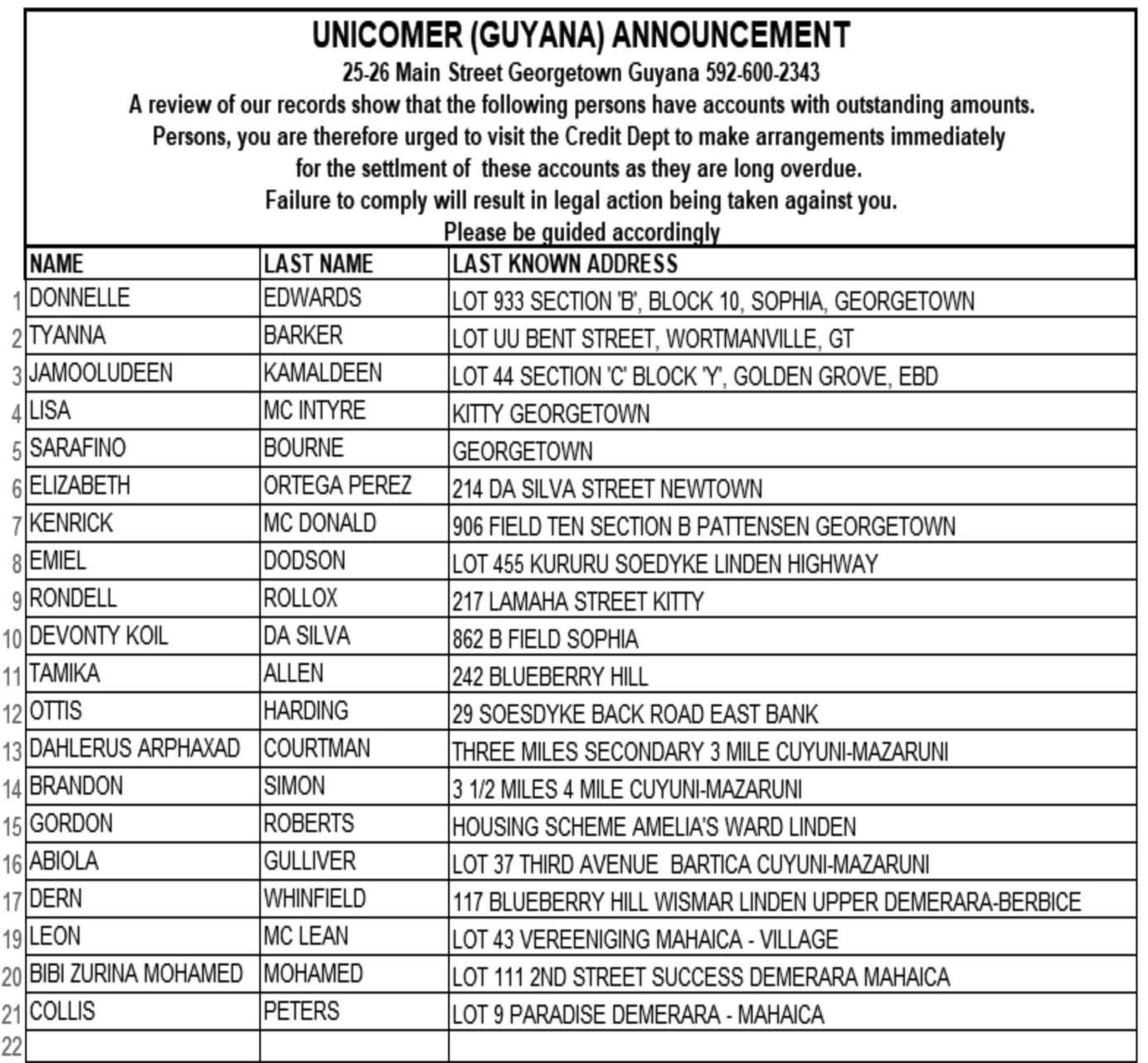
field. During your work life, you may not be the celebrity you desire. Working life can be rewarding and help you become a great person, who soon becomes a charismatic leader, or it can be cruel, making you wonder why you have to work.
Working is good, as it allows you to earn for yourself, build friendships and learn many great things. While you are working and learning, earn as much as you can. Make a great career. Let people remember you for the good things you have done. Put your failures behind you and move forward toward success.
Building your brand is a key task that you should aim for. You must do things that help others grow. Your personality must be contagious to many people, as they will want to become like you, good people. You must become such a role model for many others at work. You must develop the right attitude while working. It is dangerous to have an unpleasant attitude, as many people will stay away from you, even when they could be of help to you.
Ensure you develop multiple skills, as they will be crucial to your success both at work and beyond. Some skills that you have learned will help you become a consultant to the organisation you have worked for, even after you have left, or others may seek your advice after you have retired. Learning many good things must be a continuous objective for you.
Working smart and diligently will be important for your success and upward mobility. You may not be at one place in your life. Hence, make a wise choice now to avoid any regrets in the end.
Preparing to leave the office can be a joyful experience for many people. On the contrary, it can be a hard battle for others who are not fully prepared to leave. What is certain is that you will not always be physically able to work as hard as you did when
you first joined the organisation. Do not let all the years you have spent at the office go to waste. You must be able to leave the organisation with a sense of satisfaction, knowing that you have run the race and completed the course. Do not live your working life with regrets, as this may affect your retirement life.
To retire and have a good life, you are expected to lay a good foundation during your earlier years. If you make your bed well (i.e., your working life) in your earlier years, then you will feel comfortable lying on it at the end of the day (in retirement).
You should strive to build a strong network of friendships before and after your retirement, so that you will not feel alone. Some people, after retiring, become “homesick” since they miss work and do not have anyone to talk to. Your family is important to you; therefore, building a strong family life is essential, as it is expected to cushion you whenever you face challenges.
You can enjoy your retirement once you have made certain statutory deductions in the prime years of your working life. Ensure that these deductions were made and remitted to the relevant authorities. You should submit any required forms to the relevant authority concerning your statutory deductions.
Enjoy your retirement if you’re nearing that stage, and I hope to see you sometime later. If you are going to spend time with your children, grandchildren and great-grandchildren, then enjoy the moment with them and share some of the things that will make them successful.
Make your future bright and celebrate. Let your good qualities speak volumes for you. If your contribution to humanity was significant, you might be eligible to receive national or international awards, or your achievements will be recognised after your time on earth has ended.

GUYANA’S election history can teach us a great deal about how Guyanese vote and respond to the voting process. While voting is described as a democratic right, for many Guyanese, it is also a passionate and emotional process. Some familiar patterns and events often occur during Guyana’s election season — from unrest and tension between community members to heated debates on social media.
In fact, it’s not uncommon for Guyanese to lose connections with friends, families, and colleagues during the election cycle due to a difference in opinions. In a country as tightly knit as ours, it is expected to experience heightened emotions when there is more division
than unity.
I want to particularly highlight the fact that there is evidence of violence in all of our election cycles. Why does this always have to be a trend? Is there room for honest yet respectful dialogue between citizens without the need to physically or verbally harm each other by the end of it? Do we plan to add this election cycle to the existing list of divisive elections? Or do we plan to commit to collectively taking responsibility for our actions and responding to outcomes with respect and accountability? Can we vote without violence? These are tough yet important questions to answer. I cannot answer all of them directly for Guyana as a nation. However, I can safely
answer one important one:
“Can we vote without violence?” — the answer is a resounding yes. I leave the responsibility upon you, the readers of this week’s column, to answer the other questions on what type of outcome this election cycle brings.
Where democracy exists, so does the freedom of expression. As such, every citizen should be able to express their opinions without fear of violence from others. Violence discourages people from participating in public life during the election cycle. This should not be — it is their democratic right to participate if they see fit.
Unfortunately, it only takes a single “match” to set alight “flames” of uncertainty, tension and violence.

The “match” refers to the tone and language used in communication.
As the old Guyanese saying goes, “It’s not what you say, it’s how you say it.” I urge all media outlets, journalists, authority figures, politicians, leaders, and influencers to desist from hate speech or a tone that suggests the need for violence or intimidation.
We can perform our own civic duty by “calling out” people when they incite
violence or threats. It is also essential to fact-check every piece of information you intend to share, whether in person or online. Misinformation during Guyana’s election cycle will not support our need for a peaceful election.
I urge all political leaders to be a shining example of what it means to govern a united country. I am pleading with you all to remember that our country, in these upcoming times, will be
at its most vulnerable and fragile state. I hope that you cement these “cracks” in our nation with words of empowerment, hope, and compassion. It is simply unjust to use these “cracks” of division to justify one’s claim to power. As we draw closer to Election Day, I hope we break the cycle of hurt and instead foster a renewed sense of peace and hope as we exercise our civic duty of voting.


THE emancipation from chattel slavery, which we celebrate on August 1 each year, is one such significant event that has varied realms still unexplored. These cannot be left unaccounted for or unoccupied, lest they be squatted upon by hostile vagrants and readjusted to suit retarding and redefining presumptions.
Emancipation was followed by years of conflict to initiate even the most basic levels of rights and privileges common to a new and enlightened age.
True, the plantocracy had become deities of a kind. The plantation owners possessed power
greater, at times, than the colonial governor.
In fact, they were the powers that be. And though some levels of indentured workers were imported, these people did not meet the ready criteria that the sugar plantations required.
Thus, there were always conflicts, and methods were employed to strangle the new villages that the emancipated had purchased; to strangle the business services that the emancipated offered to the town of Port Stabroek — services the township required. The plantocracy hurried to undo the worthy efforts of their former slaves.
The emancipated, with monies saved, had bought plantations that some planters had surrendered for sale. These became the first villages of the then British colony of Guiana.
Thus, they were subject to taxes, and this they paid for drainage and irrigation services that were never supplied. Instead, their taxes were used to finance indentured labour. This led to hardships in the villages. Yet it did not stop the hostilities and schemes of the plantocracy.
They also targeted the services that the African emancipated were now offering in the township. They
were the equivalent of the modern taxi service, with their coaches.
Before Emancipation, the enslaved population was already producing farm crops that kept the two markets of Demerara active — the Stabroek and Mahaica Sunday markets remained functional. It was not unusual for them to continue perfecting this after Emancipation. But they were plotted against.
The goal of the plantocracy was to destroy all efforts made by the formerly enslaved.
Those who were successful were to be undermined and replaced by sections of the very indentured, selected for those
schemes. The spite that was contrived then followed the emancipated into the early 1900s and beyond. The writers and scribes that evolved from among the emancipated did not hesitate to highlight the true nature of Emancipation — that it was not the act of Emancipation announced by the enslavers that must be at the forefront of the celebration of the breaking of some of the chains — but rather, it was the struggle and sacrifices of the enslaved in the pursuit of total freedom that must be identified, venerated, and explained to the innocent and to all.
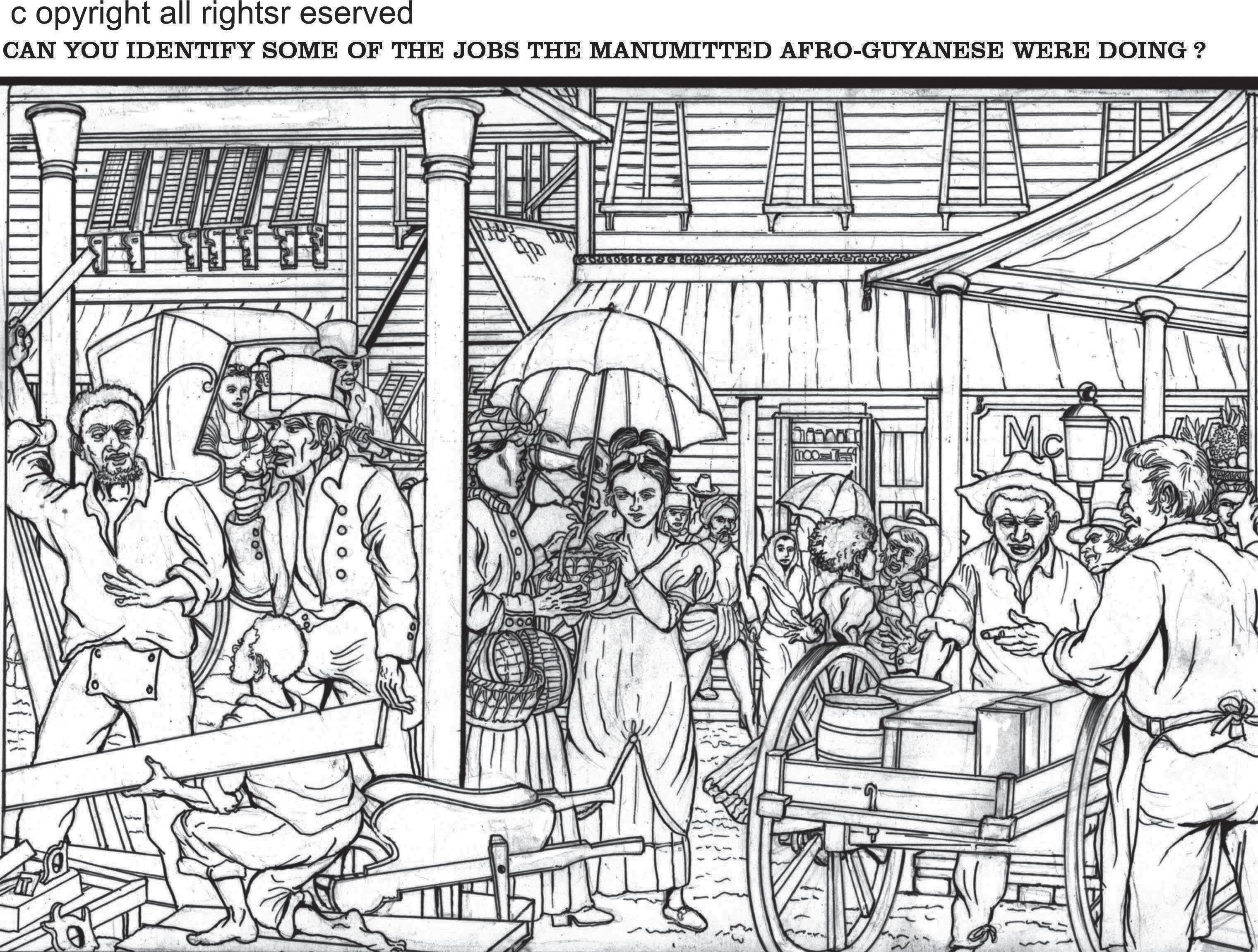

THE moon shone brightly in the sky, its soft glow exuding a touch of charm that was calming to the mind, despite the scattered clouds. The woman sitting on the super veranda of her modest home sighed deeply, sadness in her heart. It was a night like this when her husband had proposed to her and she had said ‘yes’.
It had felt like a magical night with the moonlight, fresh roses and a bottle of wine.
Life had been so wonderful after their marriage — the love, togetherness, and joy. Two years later, the birth of their son had brought added happiness, but now, ten years later, she sat alone, admiring the exquisite beauty of the moonlit night.
She had never for a moment thought her husband would have left her the way he did. The pain was still deep, but she had managed to pull through, living her life with the beautiful memories of the years they had spent together.
He had a love for cars, and it had seemed like only yesterday he had gone with his friends to the South Dakota Circuit. The news

that reached home that night of the deadly crash on the highway had shattered her world. She just couldn’t believe it; she refused to accept he was no more.
“Why?” she had cried over and over. “Why did this have to happen?”
No one could answer. No words
could comfort her. The days, weeks and months that followed were so agonising that she came close to a mental breakdown. Her son’s cries and his little voice calling for her had brought her back from the brink.
The years passed as she lived her life as a single mother with
her eight-year-old son. Family and friends had thought that because she was still young — in her early thirties — she would bury her grief and move on in her life with someone new.
But she didn’t. Not showing interest in anyone, though many tried, her heart rejected them all.
She worked to provide for herself and her son, not depending on anyone for assistance.
She managed a small business, assisted animal rescuers with strays, and donated to their cause. She had always been a plant lover, so her flower and vegetable gardens occupied her time and earned her some extra money.
She was satisfied with the peace and quiet of her simple life, doing the things she loved.
Family and friends continued to drop hints that she was still young and had her whole life ahead of her, but she feared that someone new could disrupt the smooth and peaceful life she was living with her son.
“And suppose he doesn’t like my son?” she questioned silently. “That would definitely cause a problem.” She believed in her heart that if something new was meant for her, it would find her.
A few years went by, and on moonlit nights, she sat with a glass of wine and a fresh rose. Her heartache was no longer so deep, for time had healed her wounds, but Turn to page XXVII






From page XXI his memories she still cherished.
“One day, we will meet again,” she said, looking up at the heavens.
“But you may not recognise me if I grow old, for you left so young.”
A star pitched from the sky, but she did not make a wish. “What do I wish for?” she asked quietly.
Finishing the glass of wine, she went to bed, the fresh rose beside her, and as she slept, fate turned a new page in her life.
Later that month, one night at the mandir she attended, she was talking with a few of the members when she noticed a stranger — with similar good looks to her husband — looking at her with a pleasant smile. She would normally not pay any interest, but there was something different about him.
After a short while, he walked to where she was standing and asked a little unsurely,
“Was Arvin your husband?”
That question sent a little chill through her body, and she answered quietly,
“Yes.”
He smiled and said,
“He was my good friend from school days, and I bought my first car from him.”
“That’s good to know,” she said with politeness in her voice, but was unable to mask the pain in her eyes.
“I didn’t know about the accident,” he told her. “Until I came back two weeks ago. I am so sorry for your loss. It shocked me.” She smiled warmly and said,
“Thank you.”
“I wanted to come and see you,” he continued, a bit apologetically, “to give you my sympathy, but I wasn’t sure how receptive you would be to a complete stranger.”
She smiled a little and said to put his uncertainty at ease, “It’s good to know that as an old friend, you remembered my husband, and thanks again for the sympathy.”
He nodded, and she left a moment later with a few ladies for home. A few days passed, and she couldn’t stop thinking of him, for there was something about him that drew her interest.
“I wonder…” she mused.
She didn’t see him again, anywhere. But that Sunday morning, as she was putting together a fresh flower vase with cuttings from her garden, a red X-Trail pulled up by her home.
It was him: her late husband’s old friend.
Seeing him again filled her heart with a strange feeling of joy, and he had that same pleasant smile on his face.
“Good morning. Can I come in?”
She hesitated a little, then unlocked the gate. He said, a bit apologetically,
“Sorry if I’m disrupting you from anything.”
“No-no,” she assured him.
He sat down, and after a short moment, he asked her, “So, how are you coping?”
“Good. It was tough at first, but I managed.”
“And you have a child?”
“Yes, a boy. He’s eight.”
He shook his head and expressed with regret in his voice, “Once again, I can’t say how sorry I am that this happened. I was away most of the time travelling on business, so Arvin and I lost contact.”
She sighed,
“It was a cruel blow from fate.”
“Yeah,” he sighed too. “But you have something precious to go on living for — your son.”
The way he said that touched her, giving rise to a new feeling in her heart, and she nodded with a warm smile. There was a short moment of silence because neither of them seemed to know what more to say. Then he said to her,
“I am back now to invest in my country, so no more extensive travelling. And if at any time you need my assistance for anything, just let me know. It’s the least I can do for my
old friend’s family.”
“Thanks,” she smiled. “I appreciate that.”
He gave her his card, saying,
“See you again sometime.”
But he stopped by more than she expected him to, and started to bond with her son, Aryan — showing him basketball shots and talking about cars. Her heart warmed towards him, and slowly, something special began to develop. Aryan
held his mother’s hand one night, after he had left, and said to her,
“Mum, I like him.”
She put her arm around her son and said,
“So do I.”
She had believed in her heart that if something new was meant for her, it would find her. And it did.

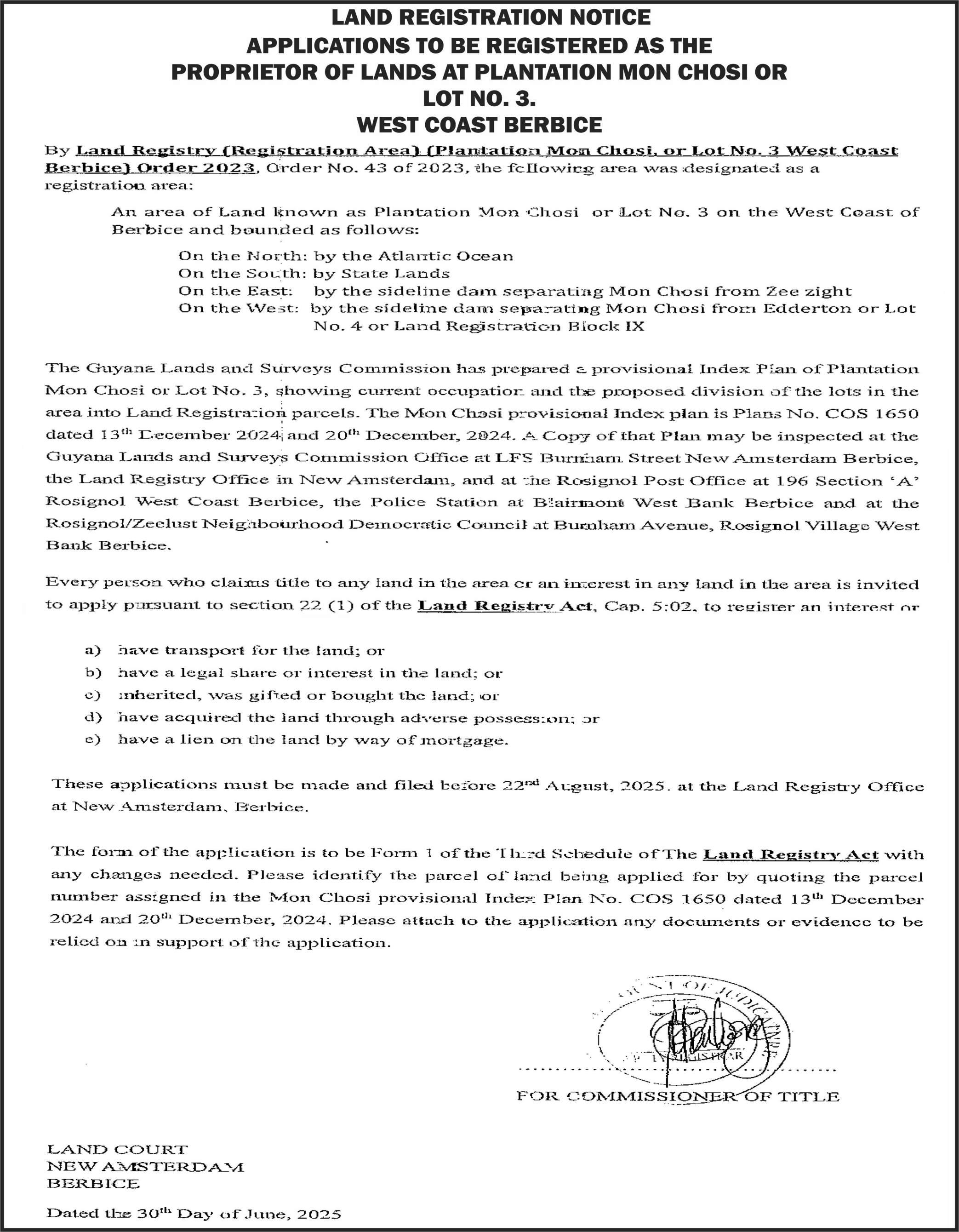
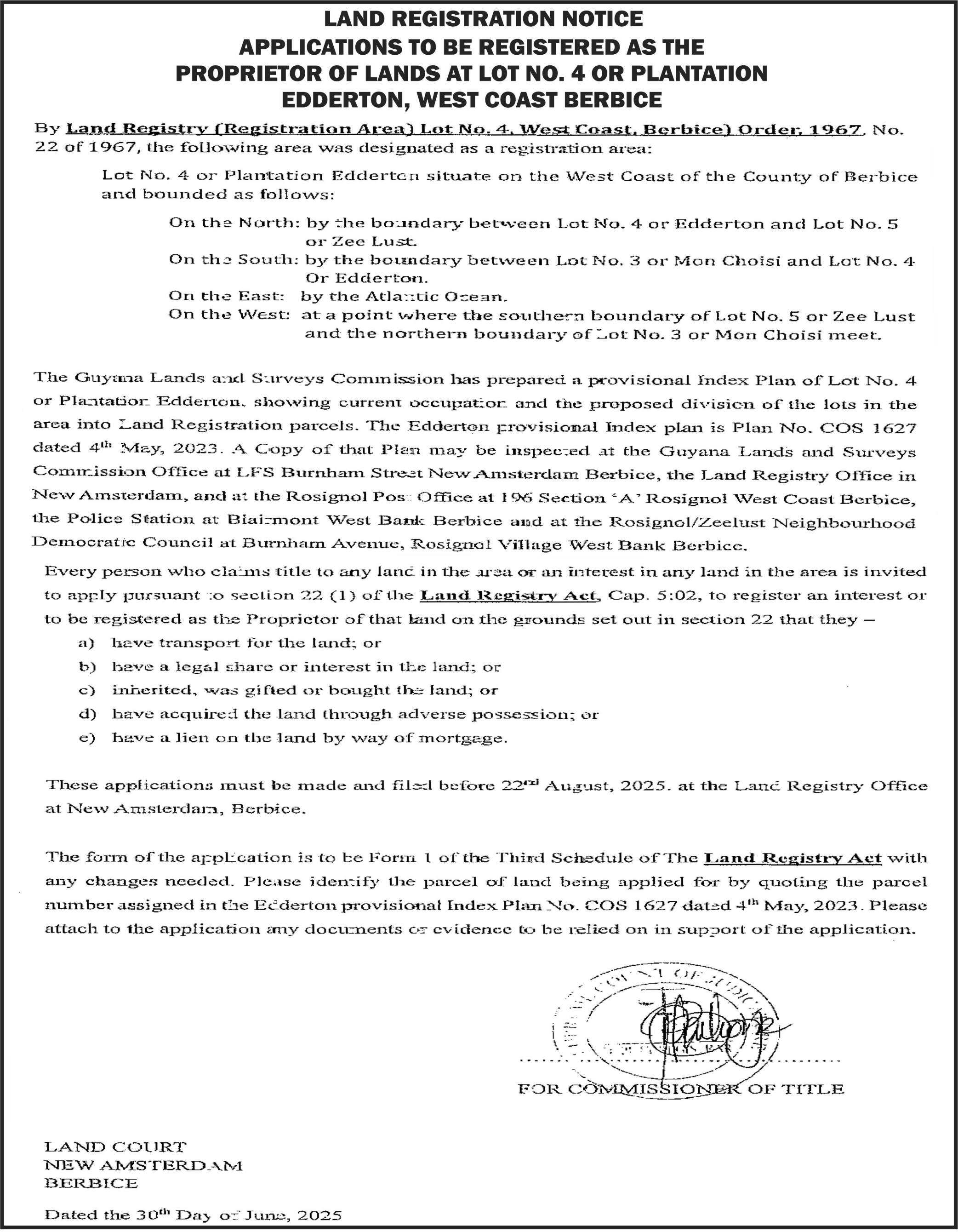
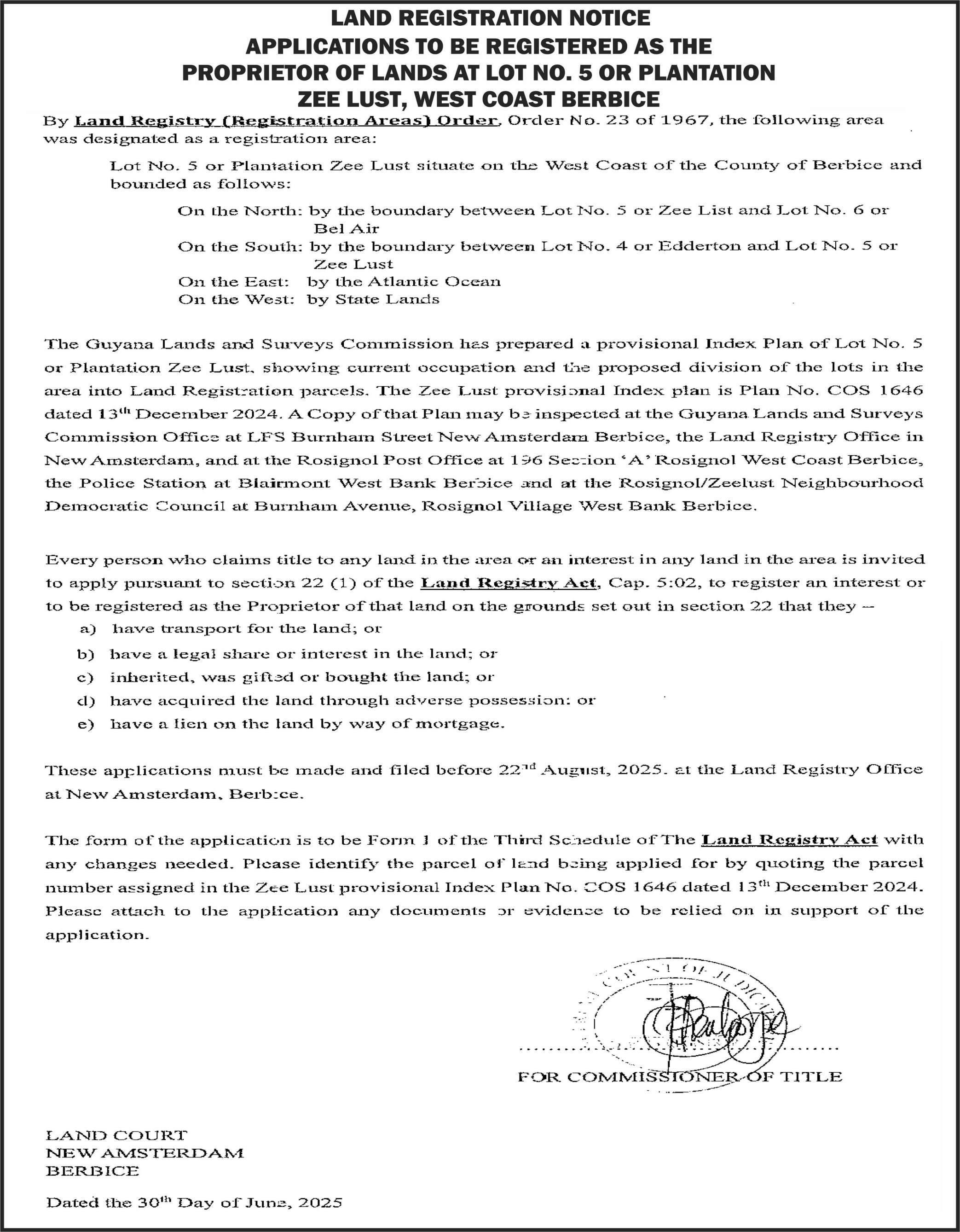




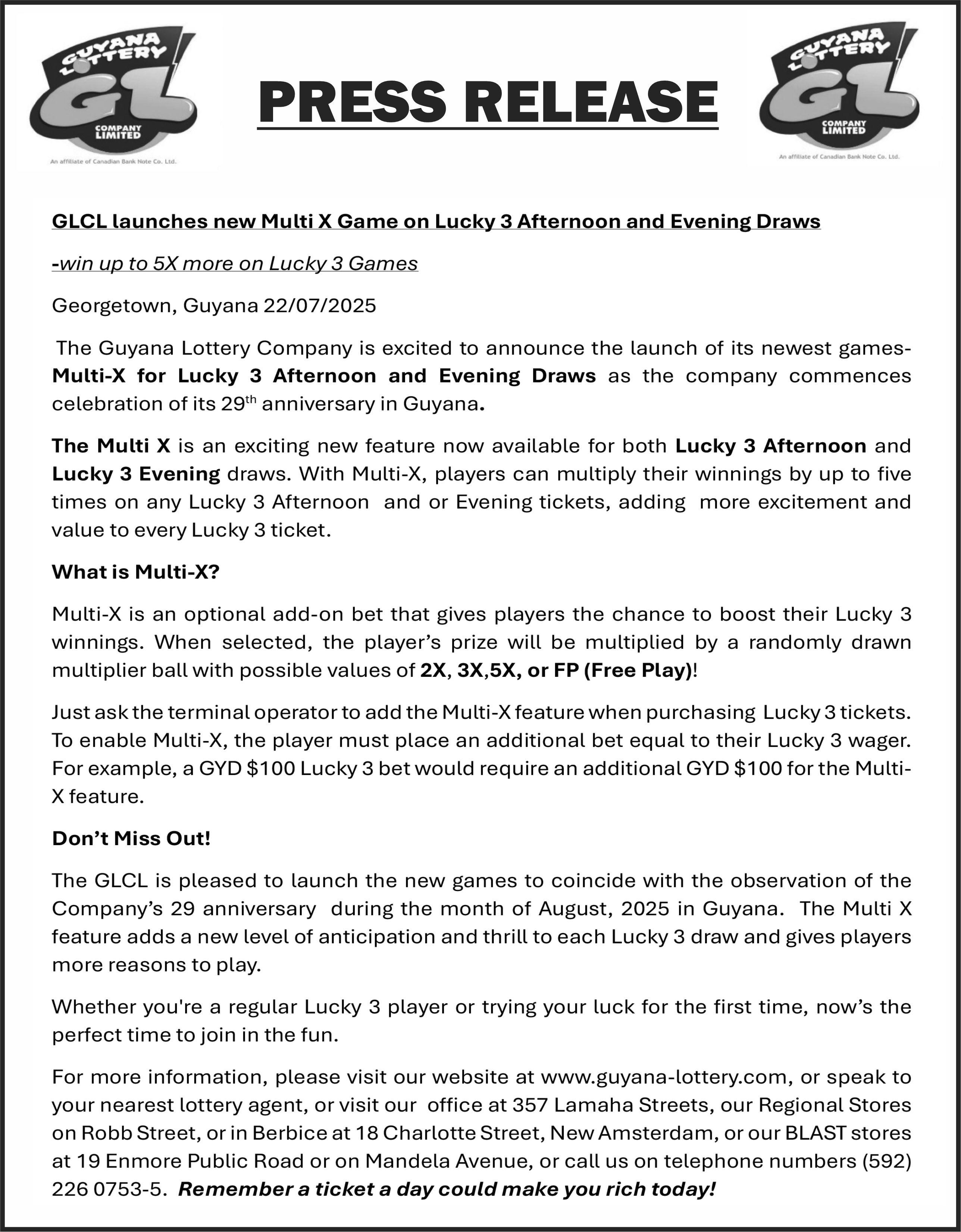
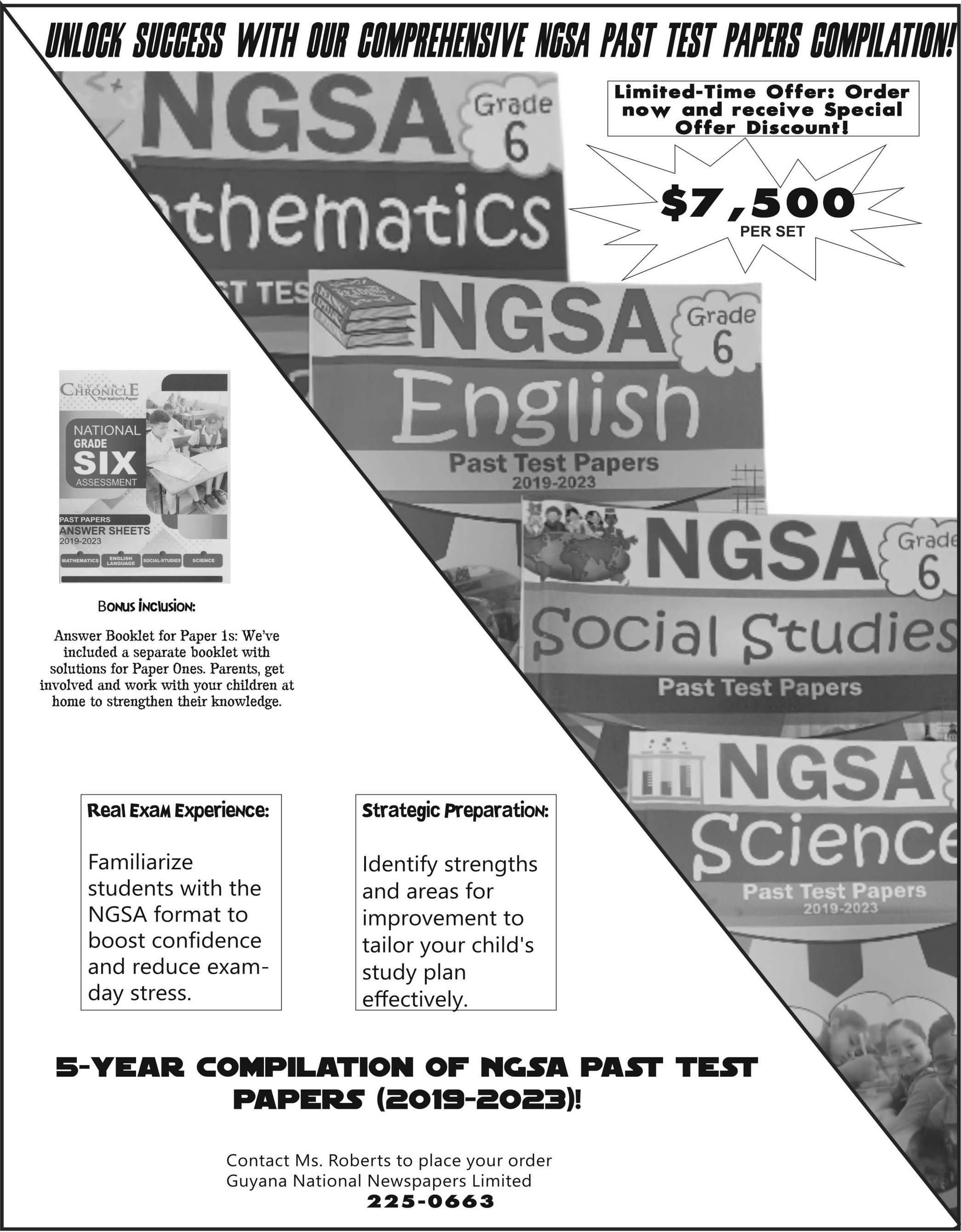



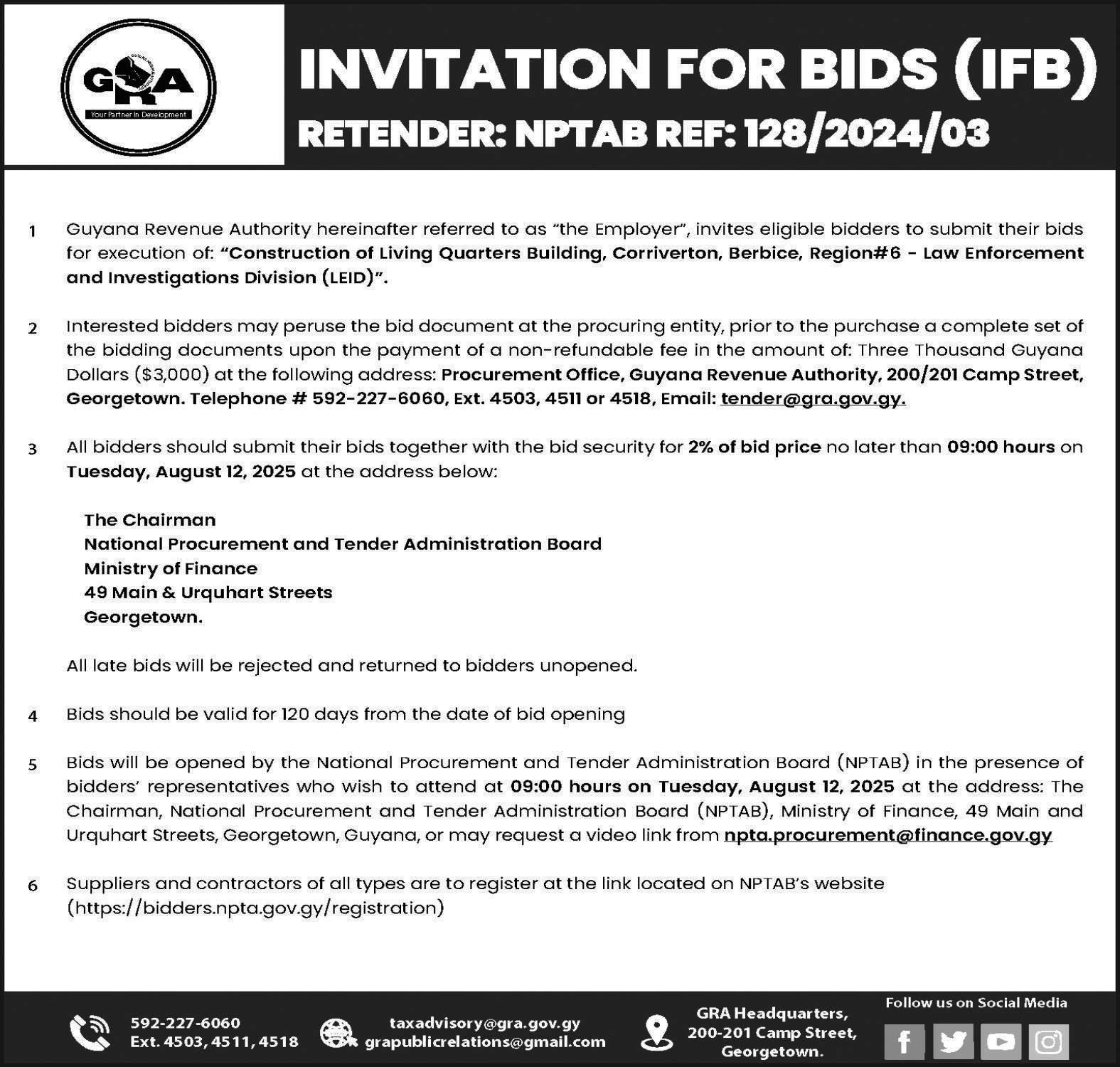





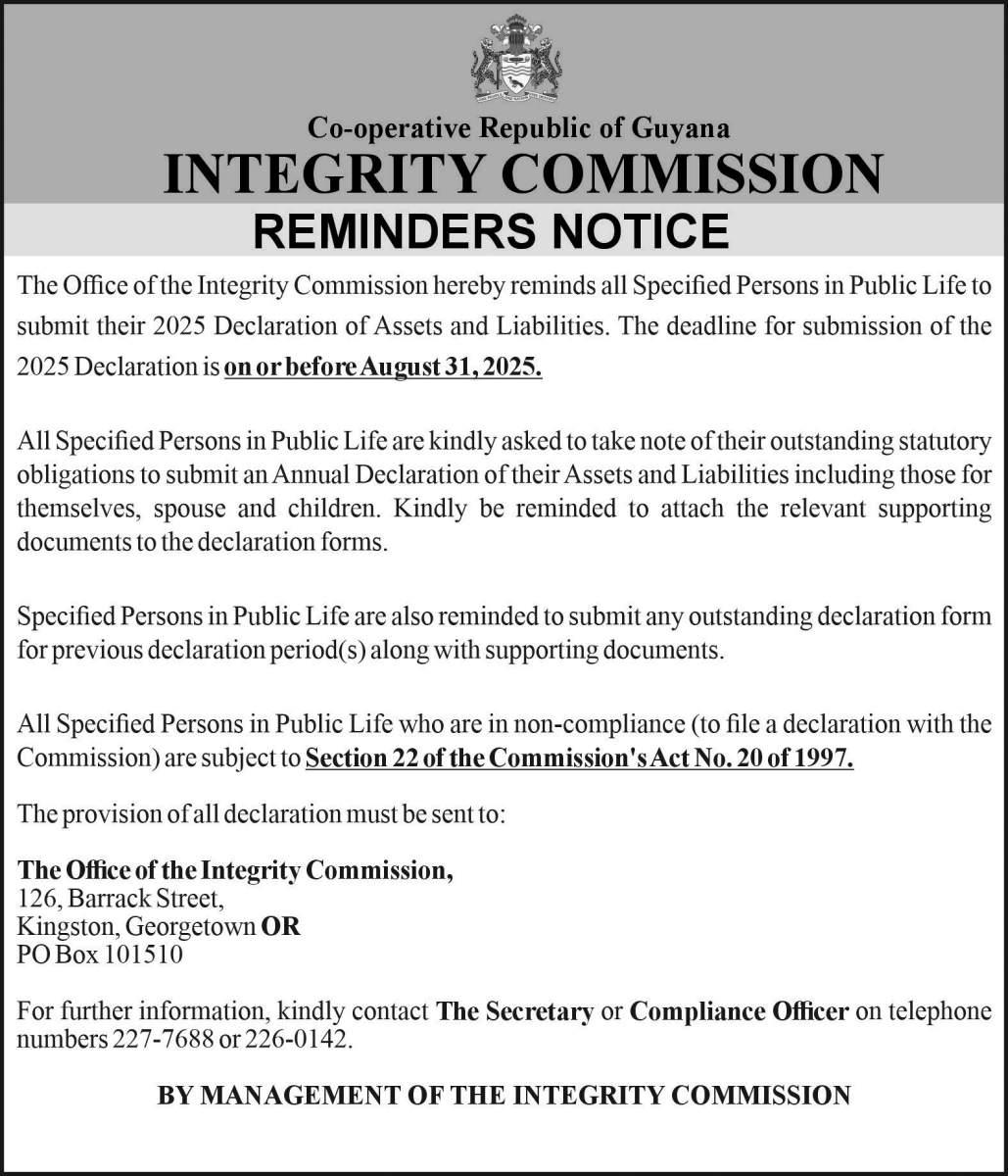

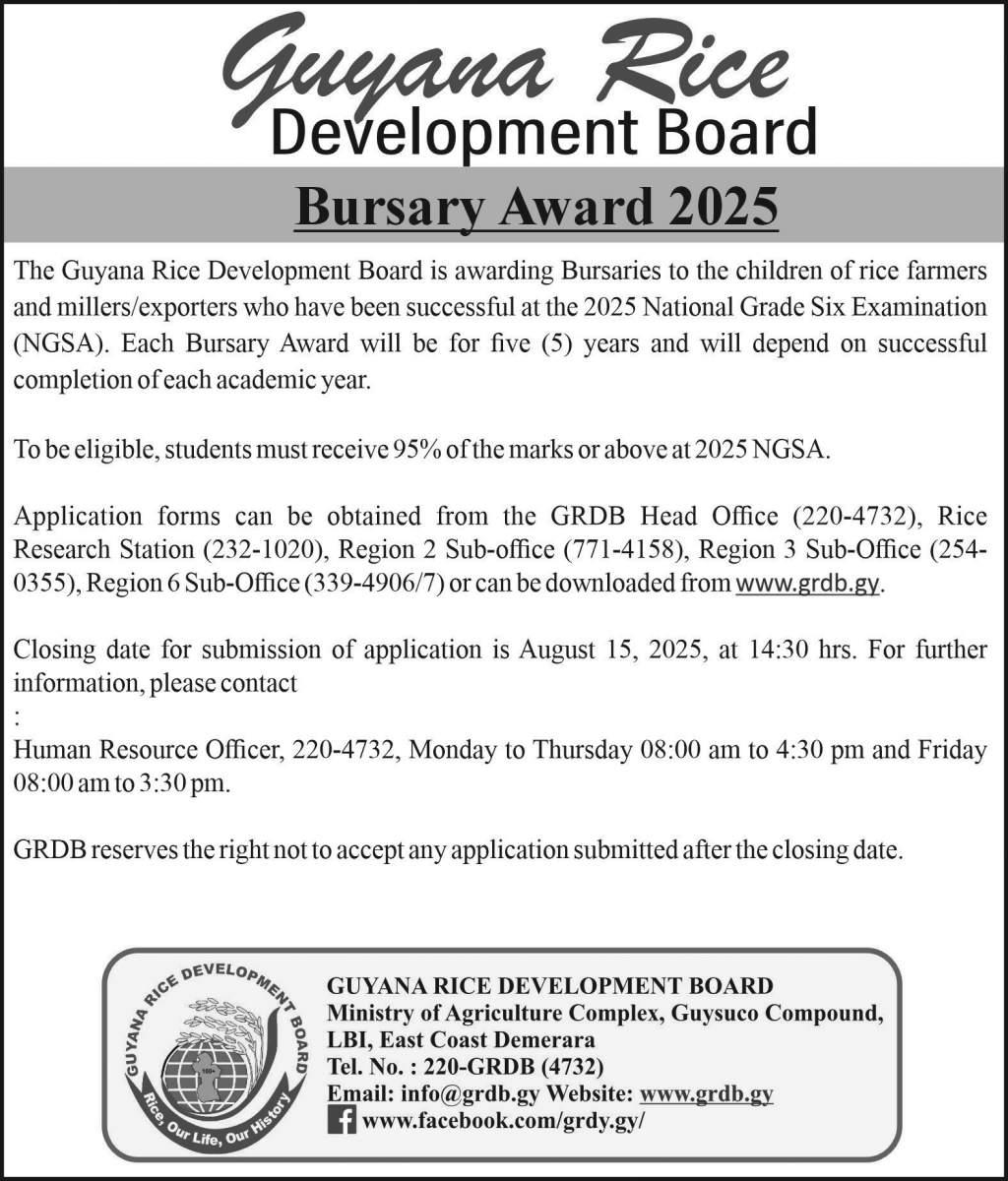

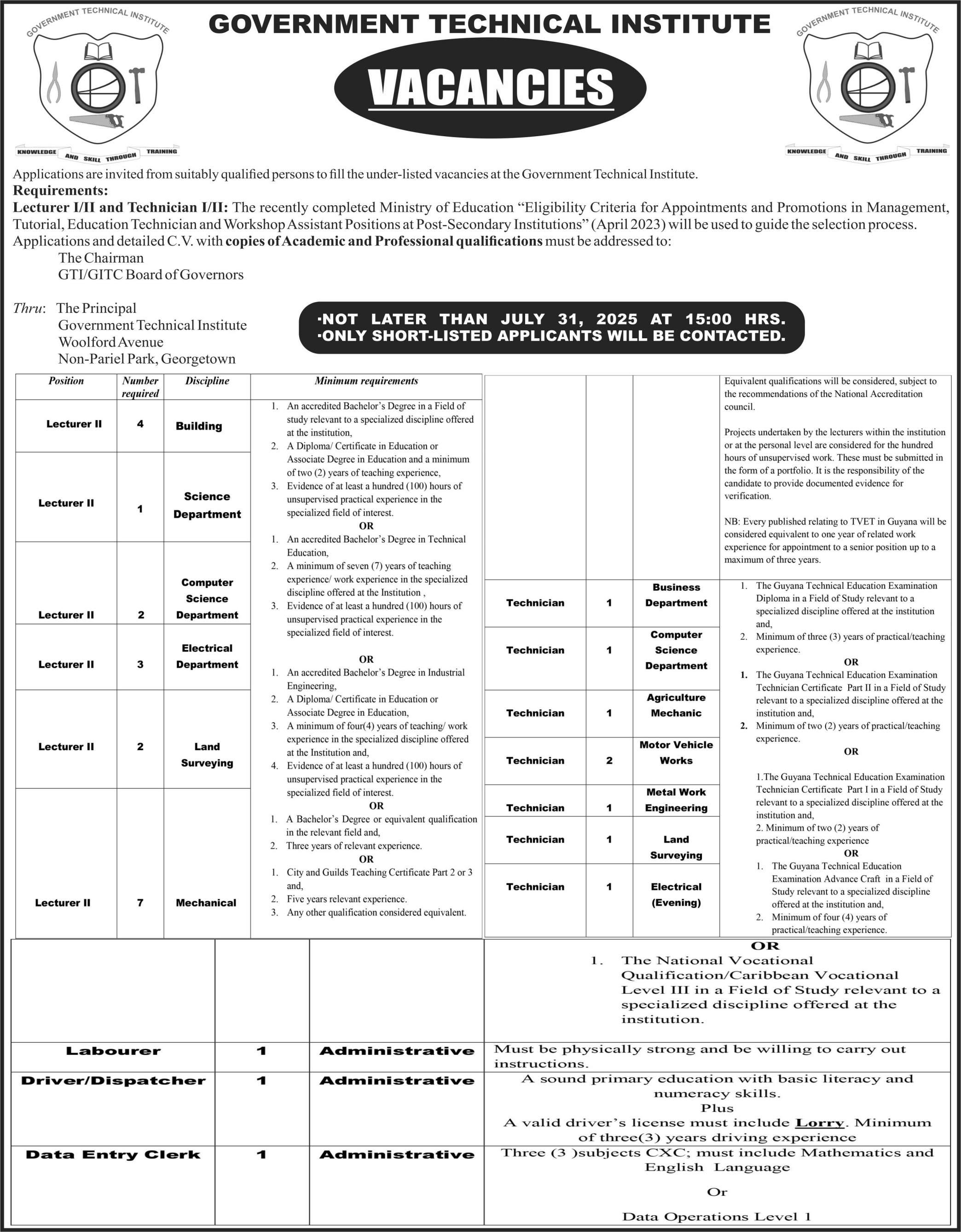
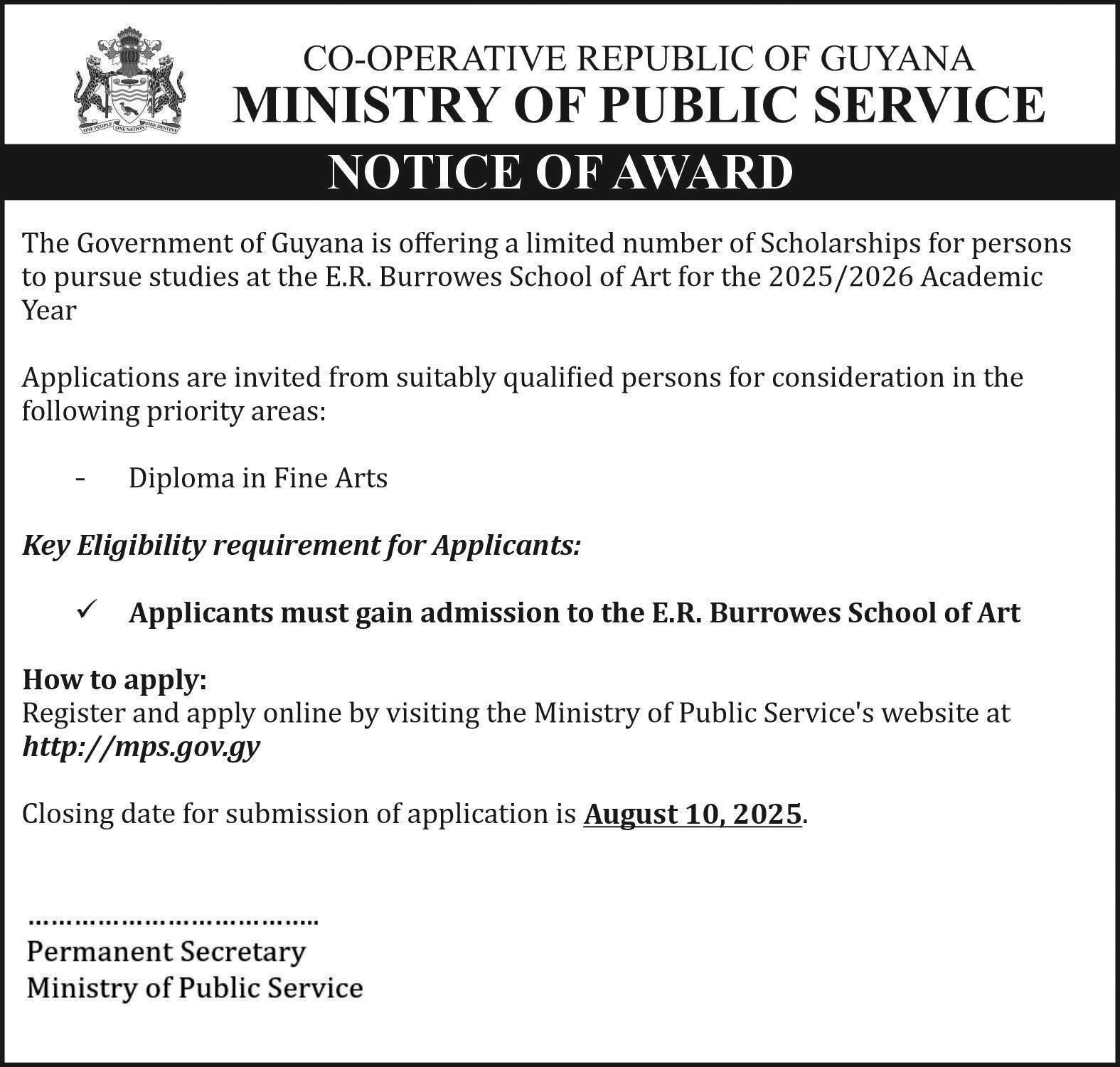

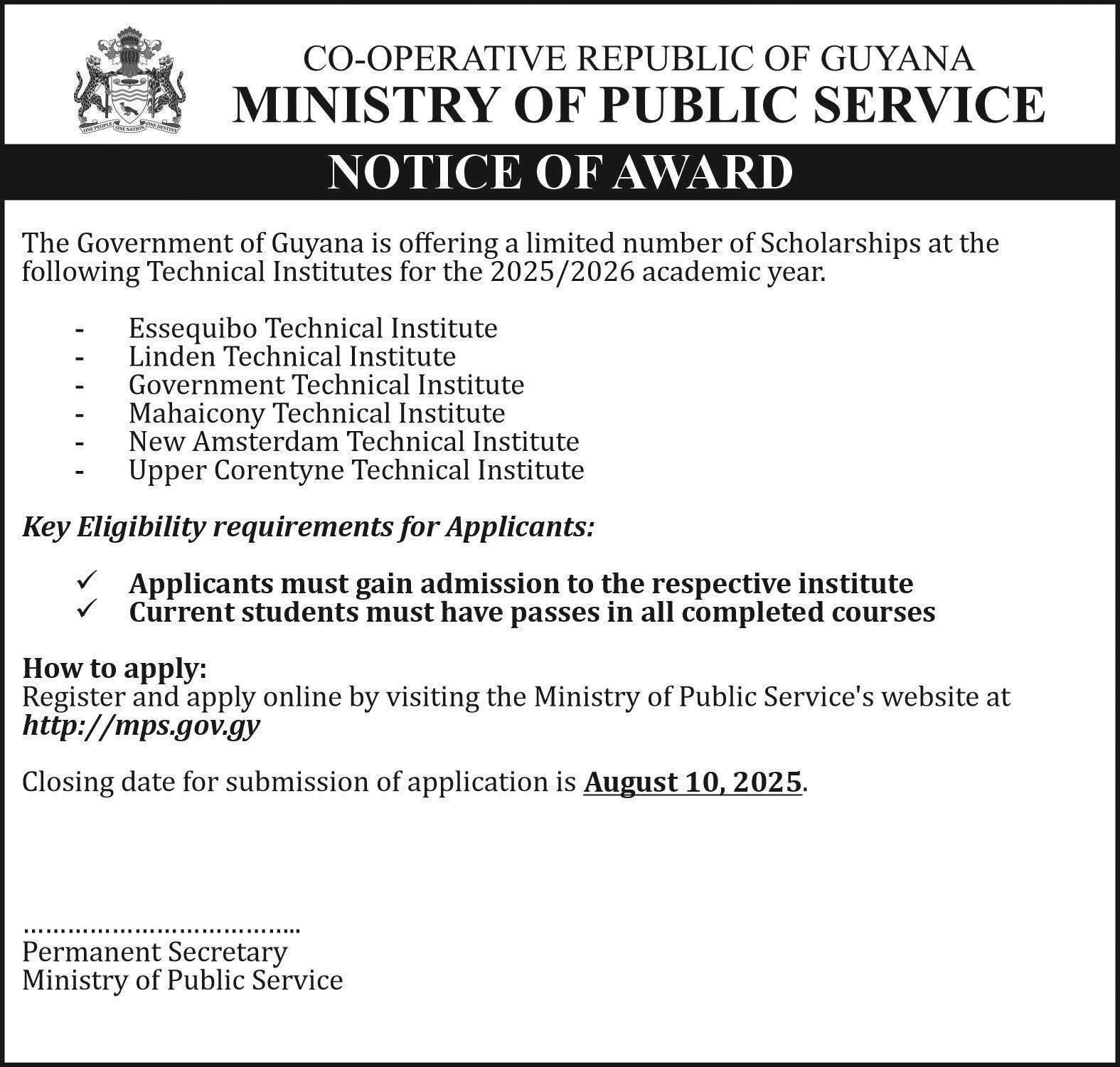



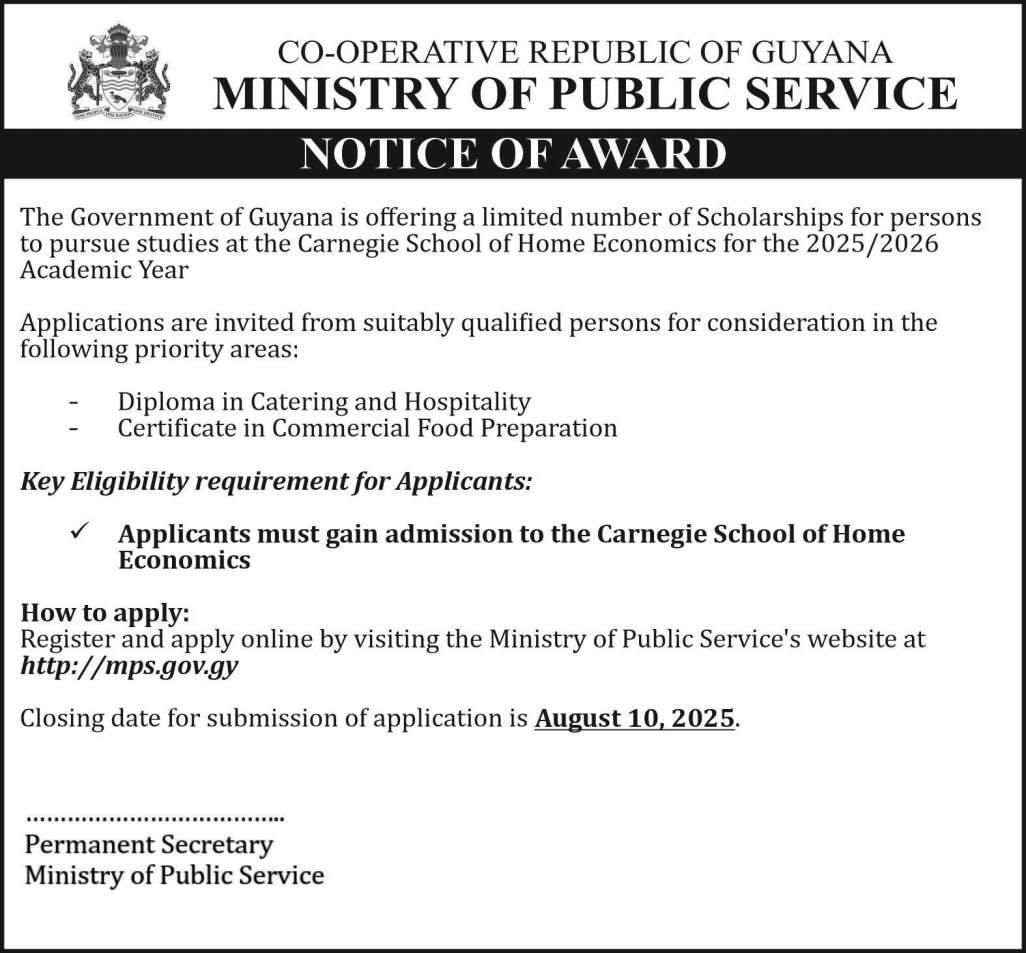





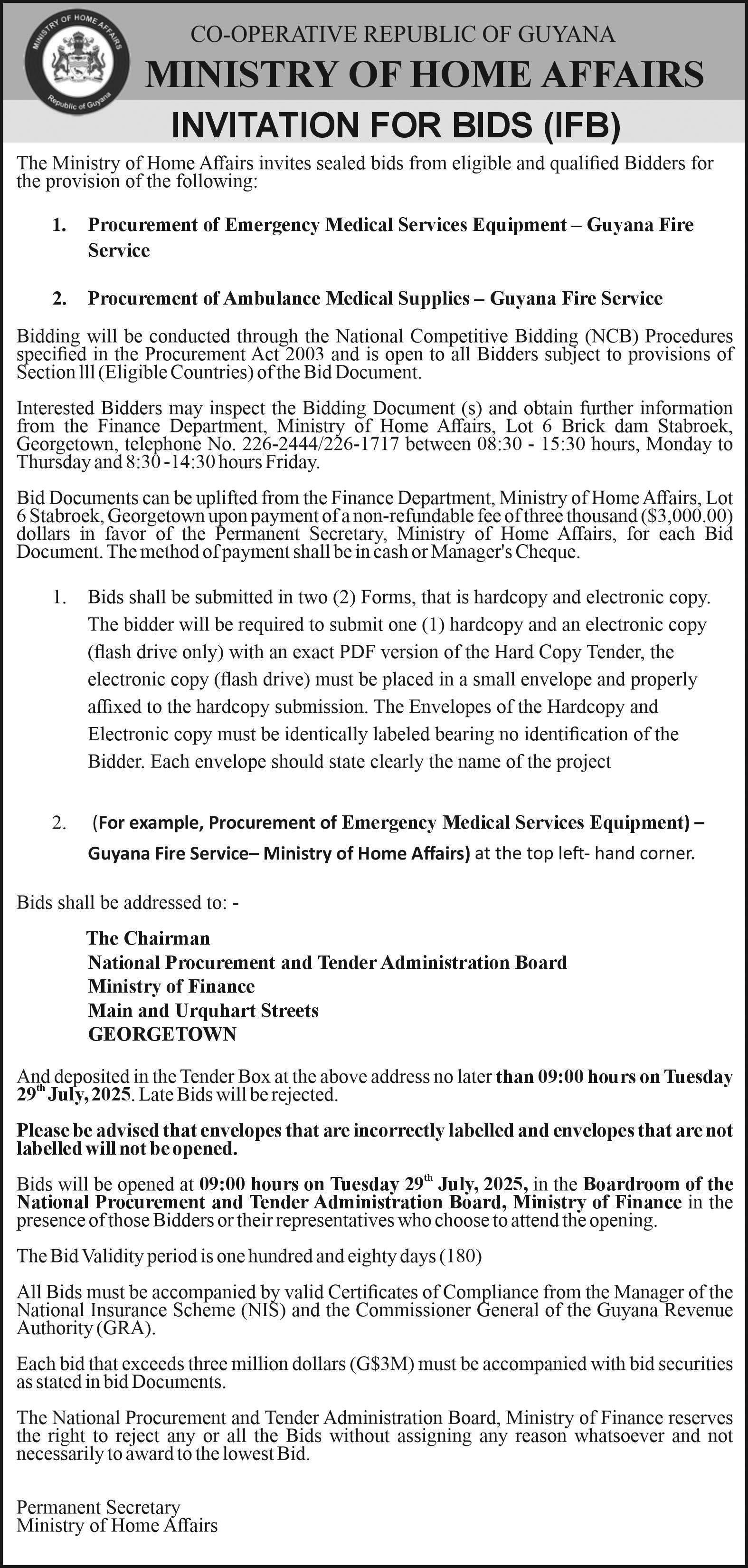
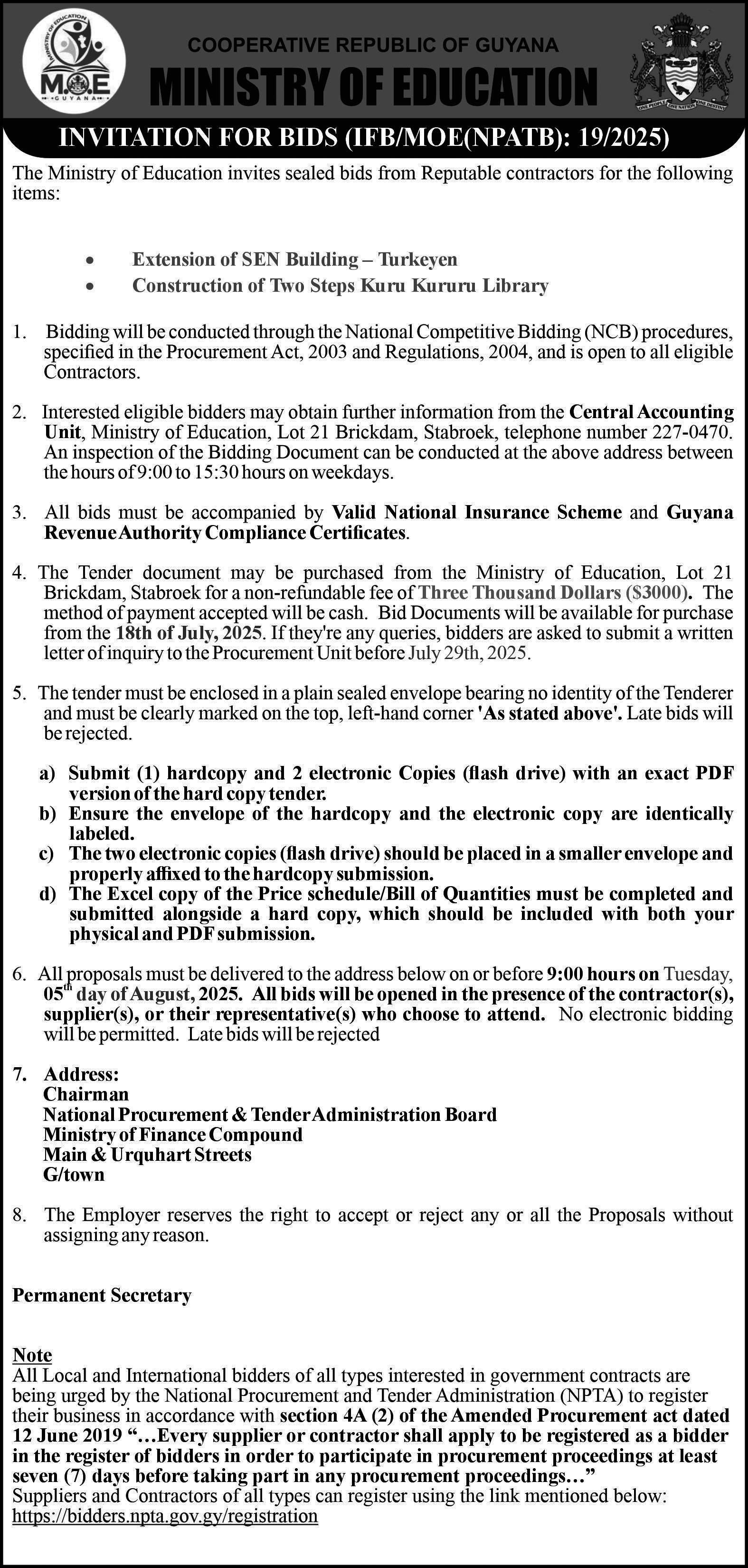


STUDY SUCCESS
Welcome dear reading friend. Whenever you are reading a text, you need to identify its topic. This clearly tells you what the author is writing about in the paragraph or section, especially in textbooks.
The topic can be about who or what; a concept or idea stated in a word or phrase.
Also, it can be in the title and heading(s); in special print of sorts; in a repeated word; in pronouns or synonyms that indicate the original topic. Be wise.
Love you.
THE PASSAGE
Reading Comprehension
Reminders: Your examination requires your readiness in the following areas:
1) Reading and giving responses for questions based on passages emanating from novels, short stories, biographies, diaries, and letters.
2) Working with forms of expository extracts: reports, instructions, newspaper articles, notices, texts of speeches, and transcripts of conversation.
3) Working with extracts from argumentative or persuasive texts aimed to convince the reader of a specific
viewpoint: essays, articles, opinion pieces from journals, advertisements, and speeches or letters to the editor.
4) Working with visual extracts: tables, cartoons, and diagrams.
5) Working with multiple-choice items, giving responses coined in sentence and phrase forms, and using continuous writing.
Instructions: Read the following passage and then answer all questions based on it.
I sat down in the middle of the garden, where snakes could scarcely approach unseen, and leaned my head
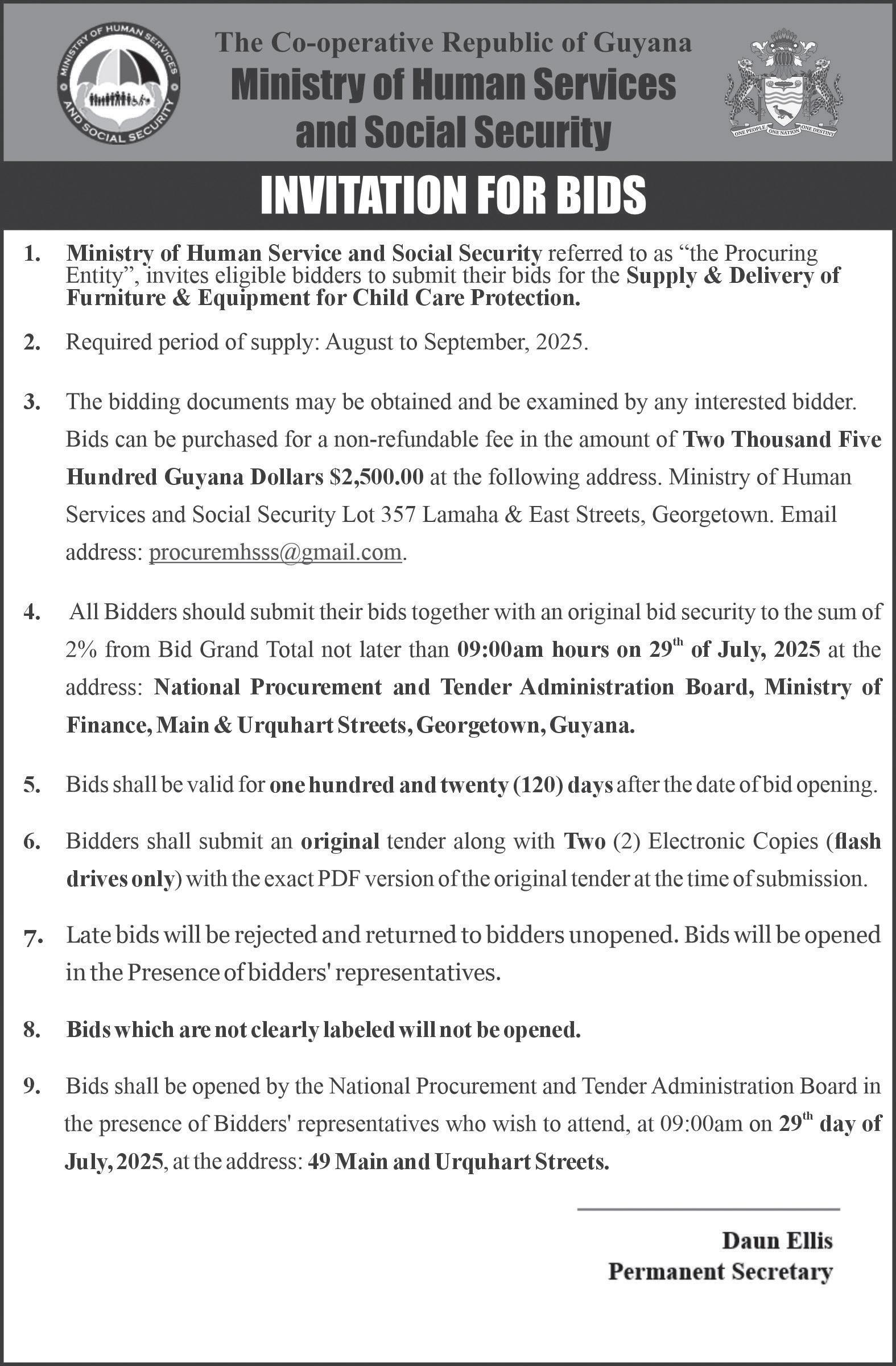
27, 2025
back against a warm yellow pumpkin. There were some ground-cherry bushes growing along the furrows, full of fruit. I turned back the papery triangular sheaths that protected the berries and ate a few. All about me, giant grasshoppers, twice as big as any I had ever seen, were doing acrobatic feats among the dried vines. The gophers scurried up and down the ploughed ground. There in the sheltered draw-bottom the wind did not blow very hard, but I could hear it singing its humming tune up on the level, and I could see the tall grasses wave. The earth was warm under me, and warm as I crumbled it through my fingers. Queer little red bugs came out and moved in slow squadrons around me. Their backs were polished vermilion, with black spots. I kept as still as I could. Nothing happened. I did not expect anything to happen. I was something that lay under the sun and felt it, like the pumpkins, and I did not want to be anything more. I was entirely happy. Perhaps we feel like that when we die and become a part of something entire, whether it is sun and air, or goodness and knowledge. At any rate, that is happiness, to be dissolved into something complete and great. When it comes to one, it comes as naturally as sleep.
1. Did the narrator feel bored while sitting in the garden?
2. Show how comfortable and content the narrator feels in the garden. Use two supporting pointers.
3. Describe the following garden plants and insects from the passage: ground-cherry bushes, pumpkin, gophers.
4. The narrator feels a sense of harmony with all that is around her. Support this statement with two instances.
5. Give your understanding of the following phrases from the text: could scarcely approach unseen, papery triangular sheaths, doing acrobatic feats, sheltered
If men are to wait for liberty till they become wise and good in slavery, they may indeed wait forever.
LORD MACAULAY (1800-1859) Literary Essays contributed to the ‘Edinburgh Review’
draw-bottom, moved in slow squadrons around me I was something that lay under the sun.
6. Paraphrase the thoughts in this section of the text by expressing them in different words and achieving greater clarity:
“I was entirely happy. Perhaps we feel like that when we die and become a part of something entire, whether it is sun and air, or goodness and knowledge. At any rate, that is happiness, to be dissolved into something complete and great. When it comes to one, it comes as naturally as sleep.”
THE PASSAGE
Note: A reading comprehension passage can be taken from a section or text, usually one or more paragraphs. It is used to assess your reading ability to understand and interpret its meaning of whatever is being read. In plain terms, reading comprehension is the act of understanding what you are reading, which includes making meaning from the written text and relating it with past experiences.
Sometimes the passage to work with is explanatory. An explanatory text is also known as expository writing. It informs you, the reader, about a particular topic. Its focus is to present information, ideas, and facts in a clear, objective and organised manner. This fashion of material presentation often helps the reader with presenting his own ideas to his reader. This kind of text never persuades
or entertains.
Instructions: Read the following passage and then answer all questions based on it.
Avalanches
From the Alps to the Rockies, the snow-swept mountains of the world have long been cold, white playgrounds for winter athletes. Around every bend and climbing to every peak, however, lurks a serious threat that strikes suddenly, silently, and at terrifying speed. Throughout the world each year, avalanches claim more than 150 lives, most of whom are skiers, snow-boarders, hikers, and highway motorists. As long as people continue to inhabit and recreate in snowy, elevated areas, avalanches will continue to be a problem.
1. Point out the sentence in this text that gives the best summary of it.
2. How do avalanches pose a problem to our winter athletes?
3. Describe an avalanche according to this paragraph.
4. Give the meanings of the following terms used in the passage: snow-swept mountains, white playgrounds, lurks a serious threat, snow-boarders, elevated areas, terrifying speed.
5. Paraphrase the text by expressing it in different words and maintaining its clarity.
6. Write a letter to a friend telling him about the information you have just received from this text.


DENTAL anxiety or fear has been shown to be associated with the avoidance of regular dental care. Evidence of the adverse health consequences suggests that estimating the prevalence and severity of dental apprehension is important for dental public health.
Show me someone who is not a bit nervous about the dentist working in their mouth while sitting in the dental chair, and I will show you a horse with eight legs. The prevalence of dental anxiety is universal, and although a precise reason for it has not been scientifically confirmed, research is continuously being conducted to elucidate the phenomenon. One such study was recently conducted in Australia, and its results are believed to reflect a global trend.
Dental anxiety has been reported to have an impact on both dental status and the use of dental services. There is an association between dental anxiety and correspondingly greater levels of untreated oral disease, and patterns of care- provision, which are dominated by emergency treatment and irregular dental attendance.
When two Australian scientists studied dental anxiety by using a long (1–2 hour) semi-structured psychiatric interview followed by dental examination, the National Dental Telephone Interview Survey (from random sampling of telephone numbers by computer), and by using
Corah’s Dental Anxiety Scale (13 points and above considered severe), they discovered the following:
1. The ‘dental phobics’ showed greater numbers of missing teeth, more loss of alveolar bone through gum disease, and greater denture use, when compared with other subjects.
2. The adults had fewer natural teeth.
3. Those with natural teeth had more missing teeth and fewer filled teeth, but did not differ in the number of decayed teeth.
4. They had four to five times the odds of needing immediate treatment for the relief of pain or infection.
5. The prevalence of dental fear was higher among individuals with lower educational levels and lower social class.
Individuals with high dental anxiety are likely to suffer greater impact from dental conditions, with significantly more toothache, discomfort, and avoidance of some foods. The condition may be a component in a cycle of dental disadvantage among individuals who are afflicted with it. The dental health status of the victims will progressively deteriorate unless the condition is overcome.
It follows that dentally anxious individuals are more likely to experience a marked social impact from impairing oral diseases; that is, not only are they more likely to avoid care, but they are also

more likely to require it, and they suffer the dental and social consequences of not
seeking it. However, the good news is that people can overcome
dental anxiety to the extent that they may enjoy good oral health, just like anyone
else. I will deal with the solution to dental anxiety in a later article.
